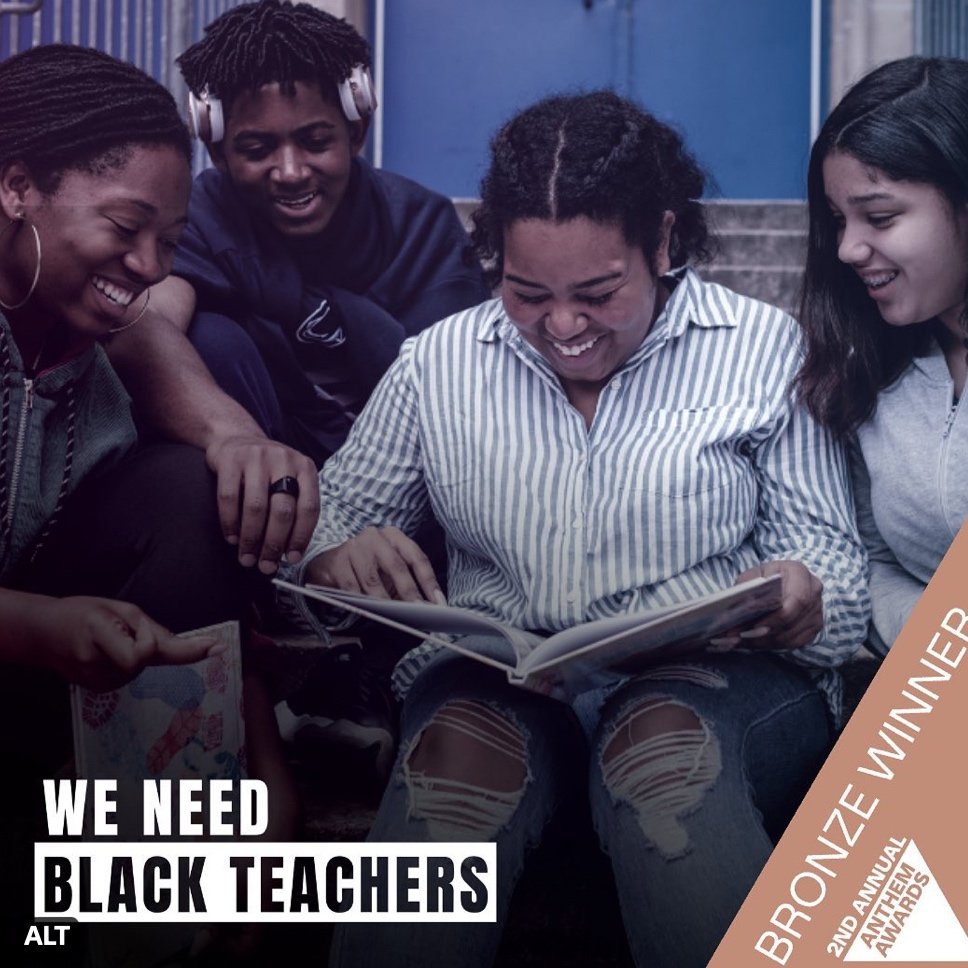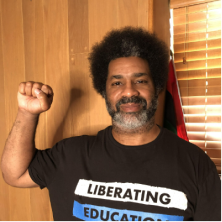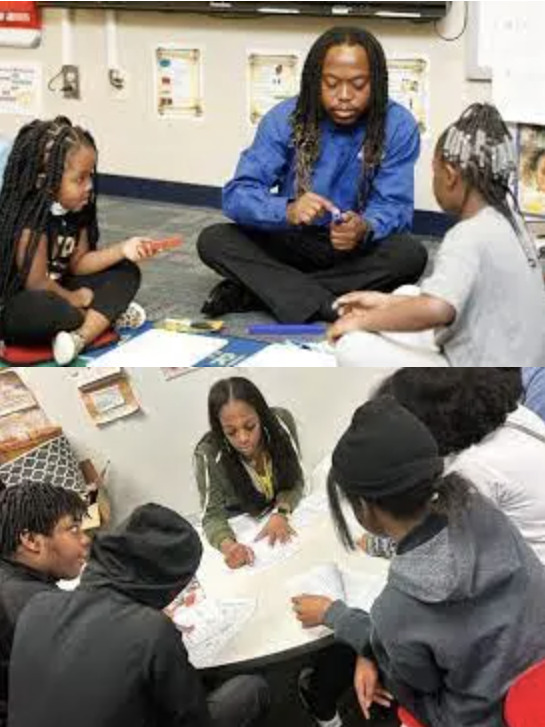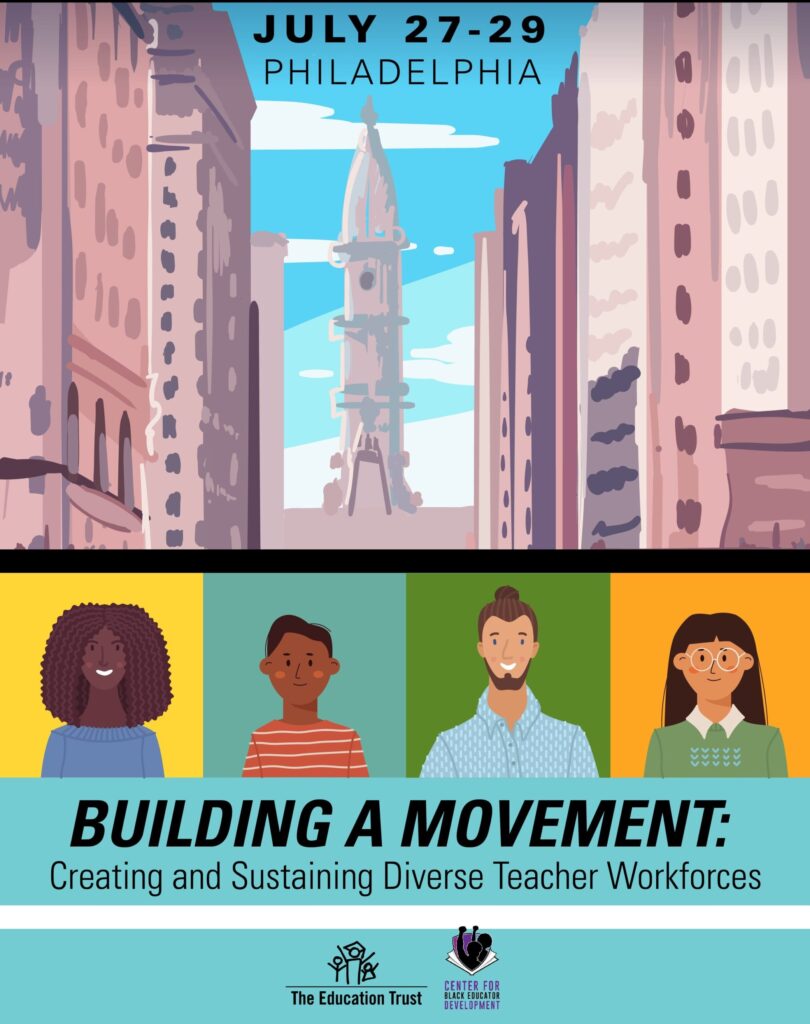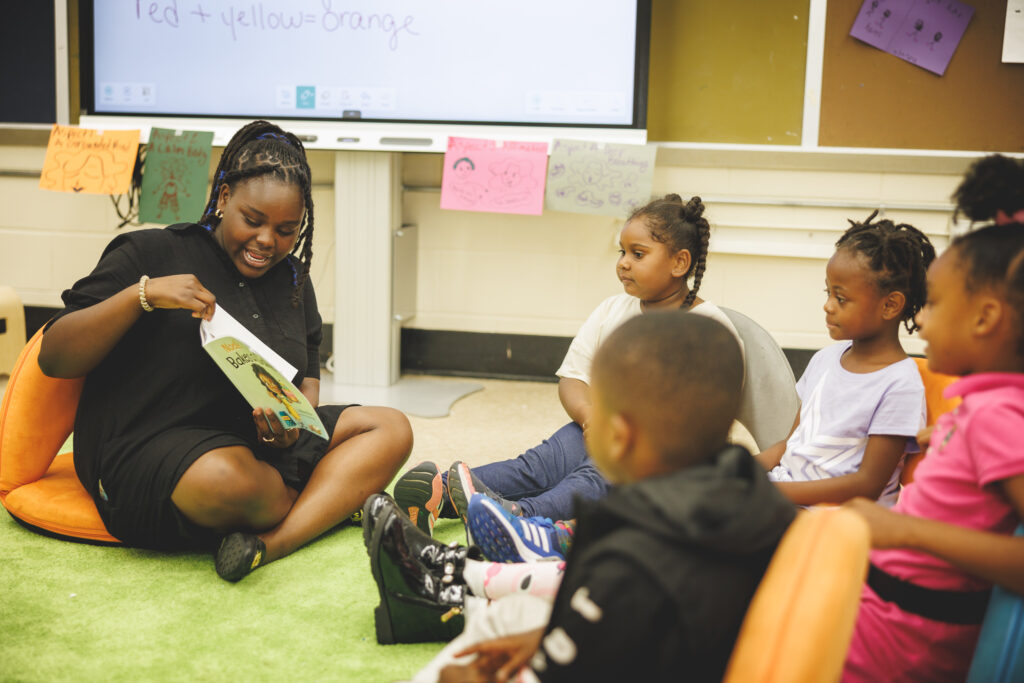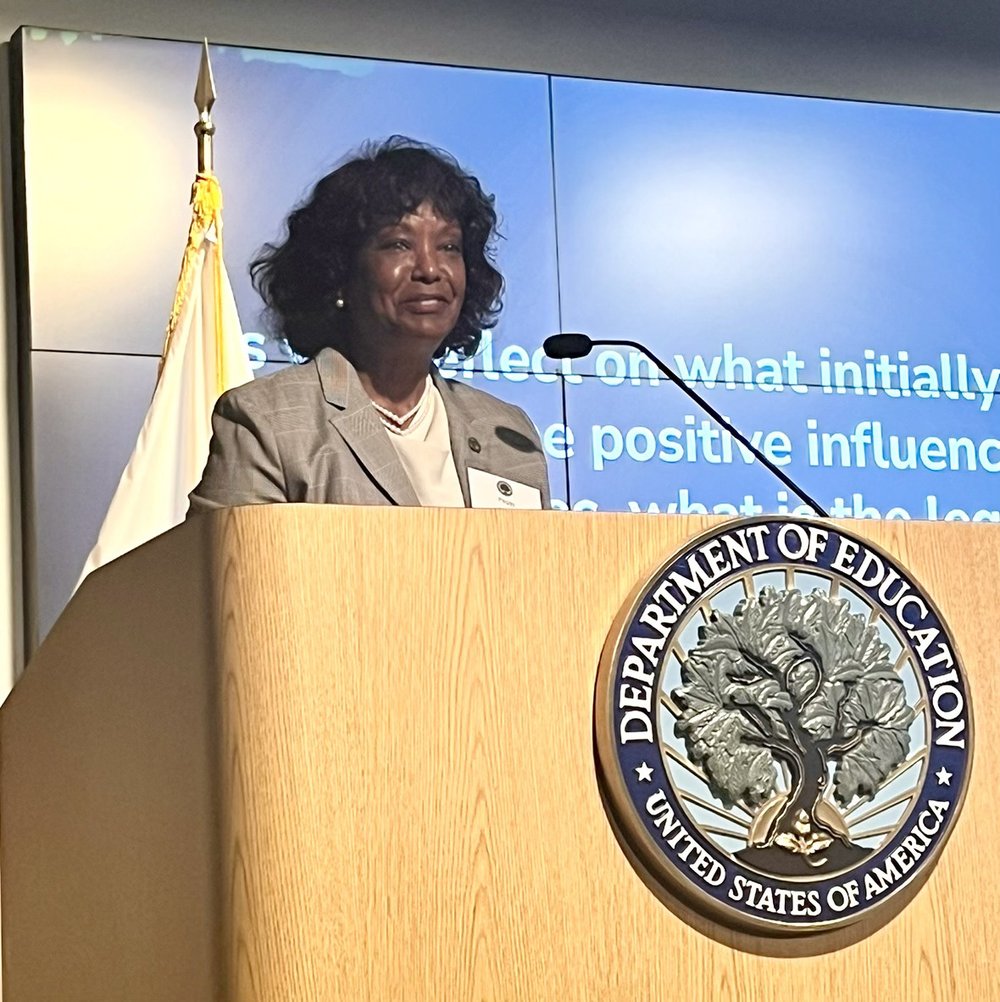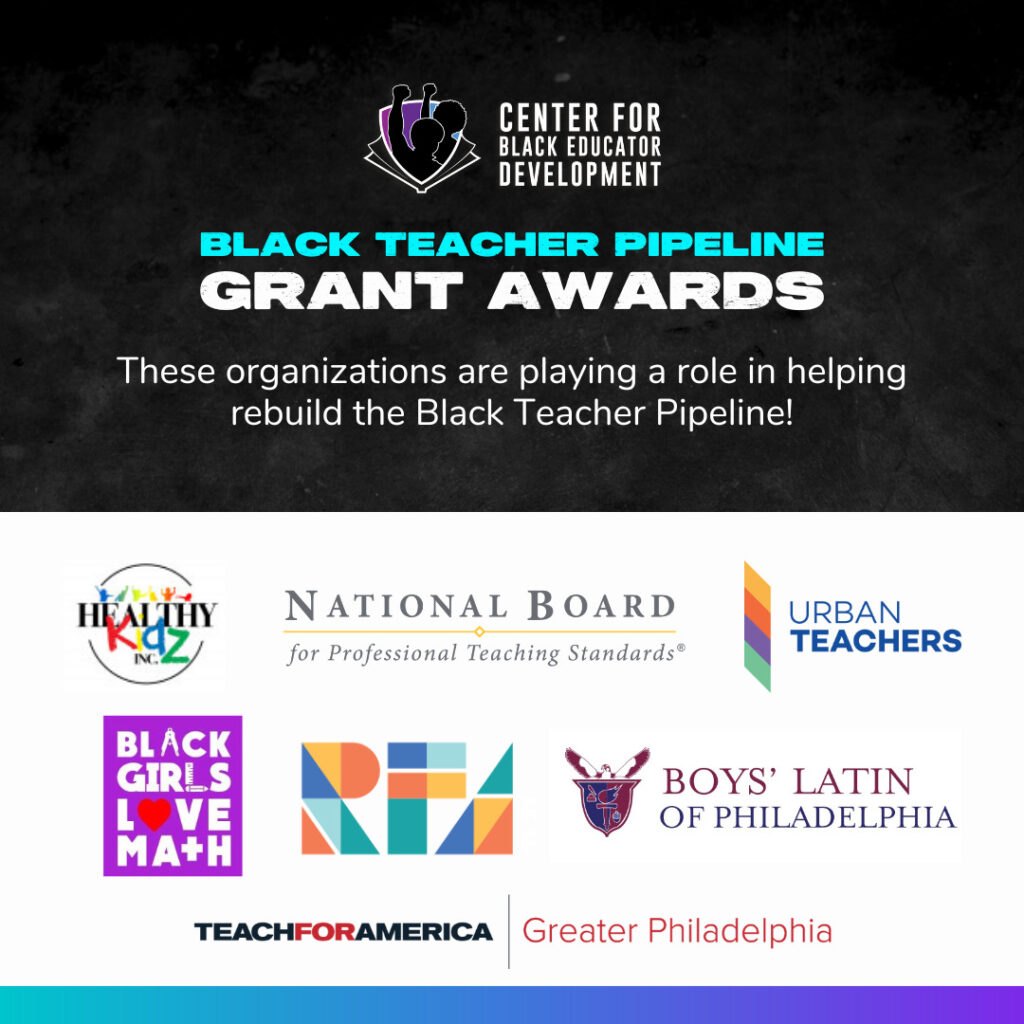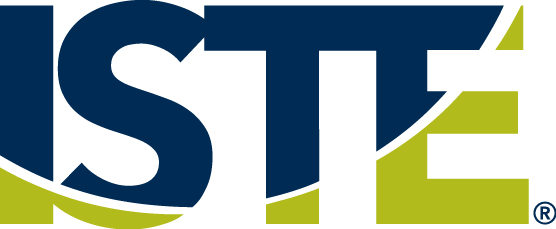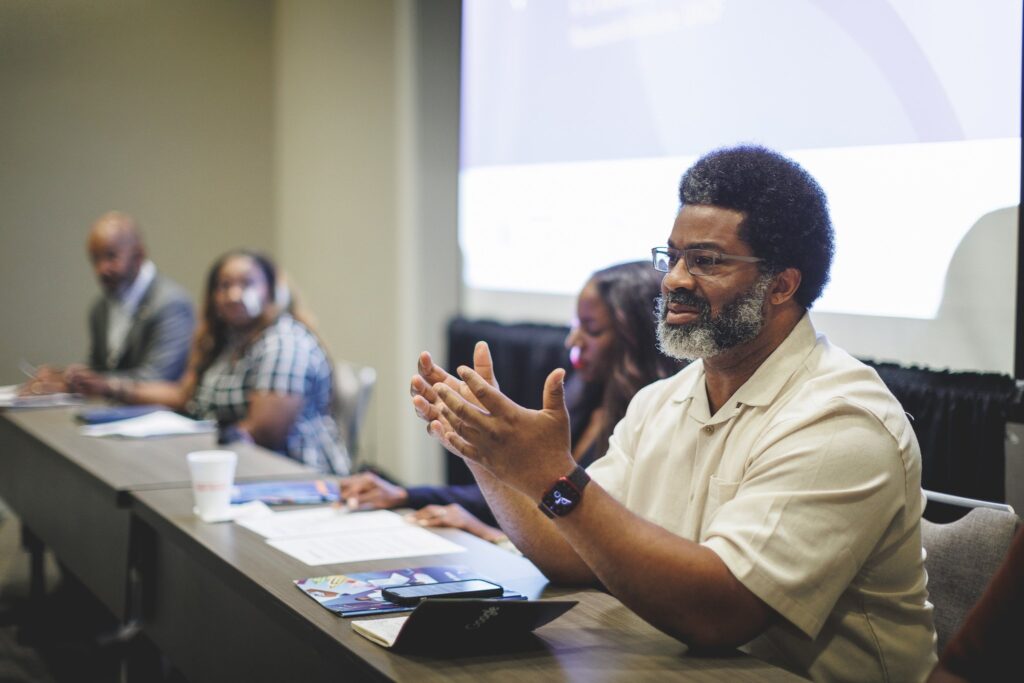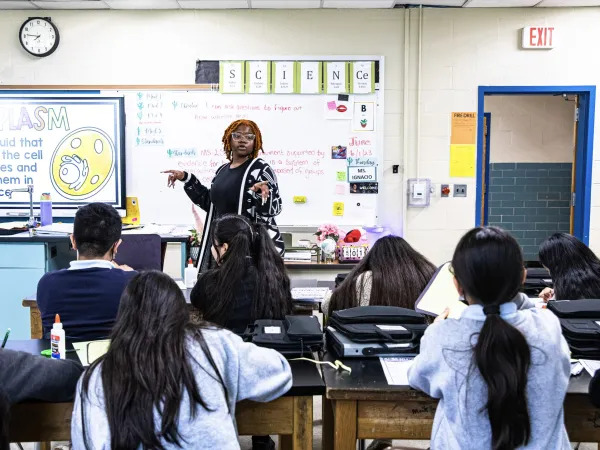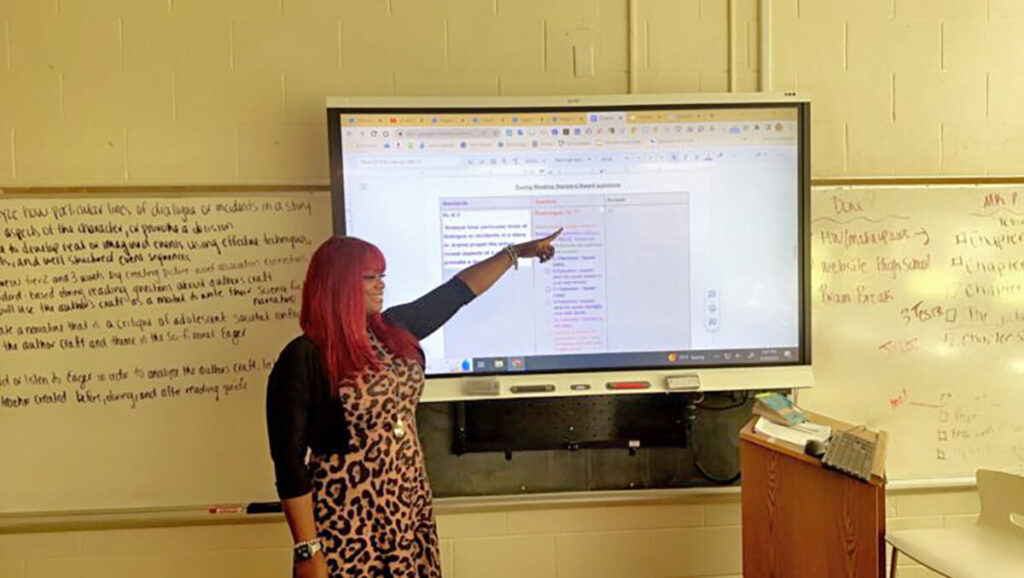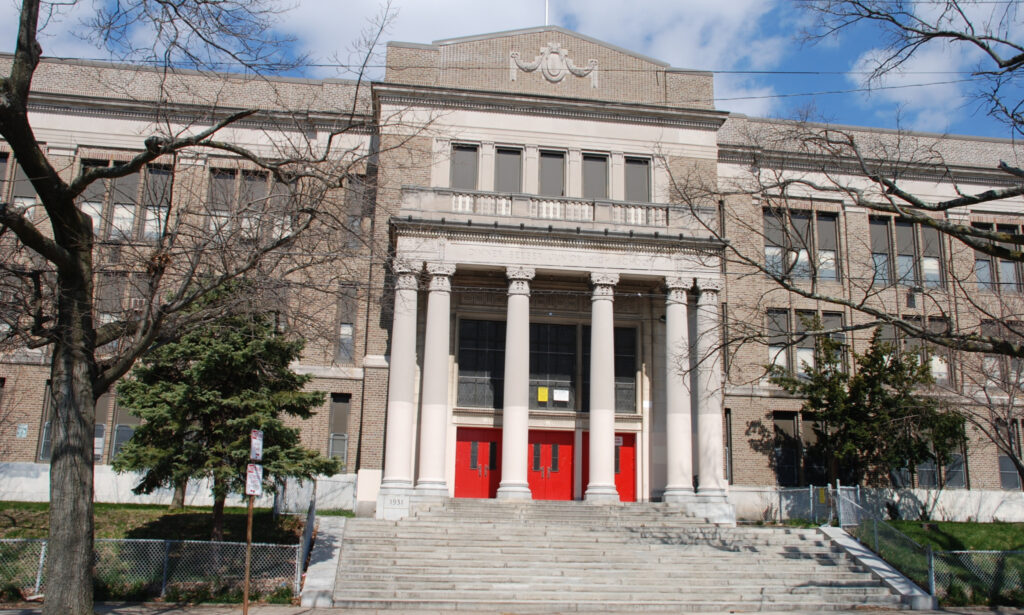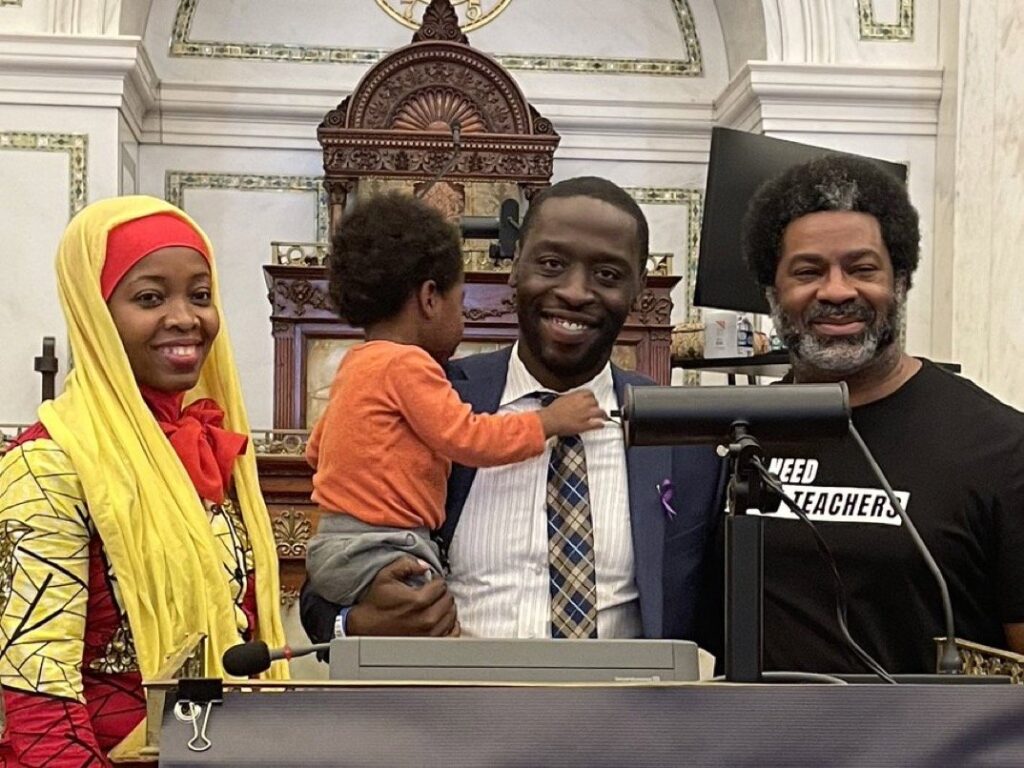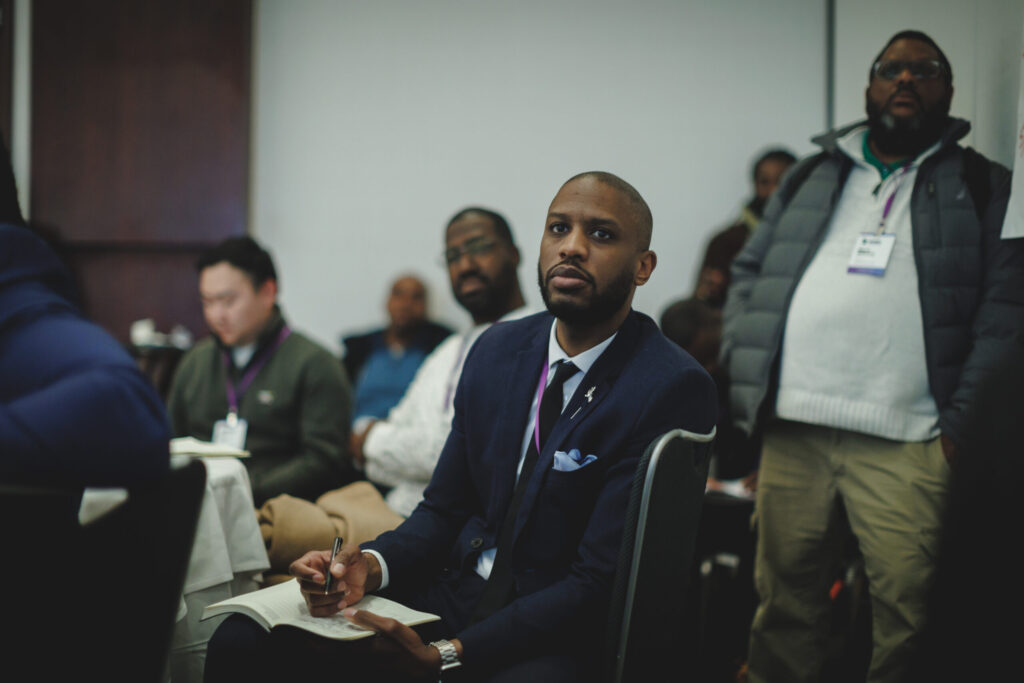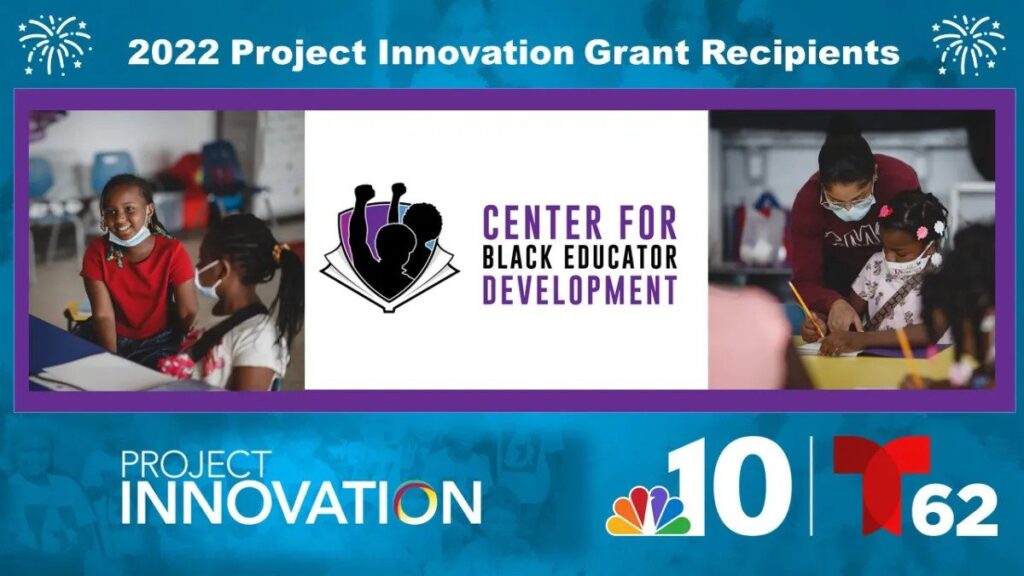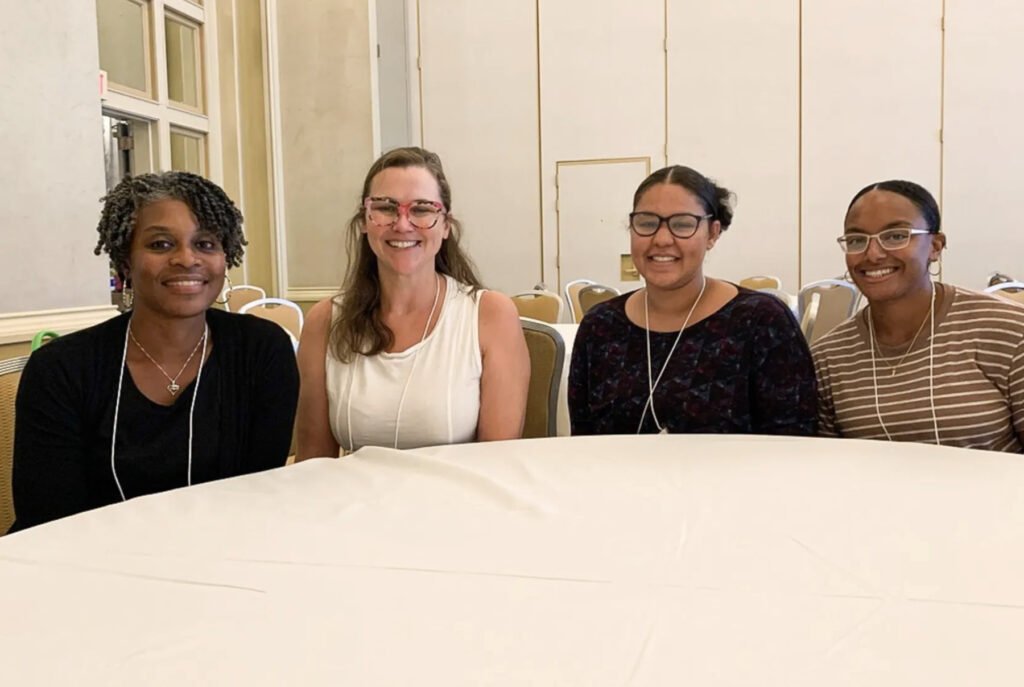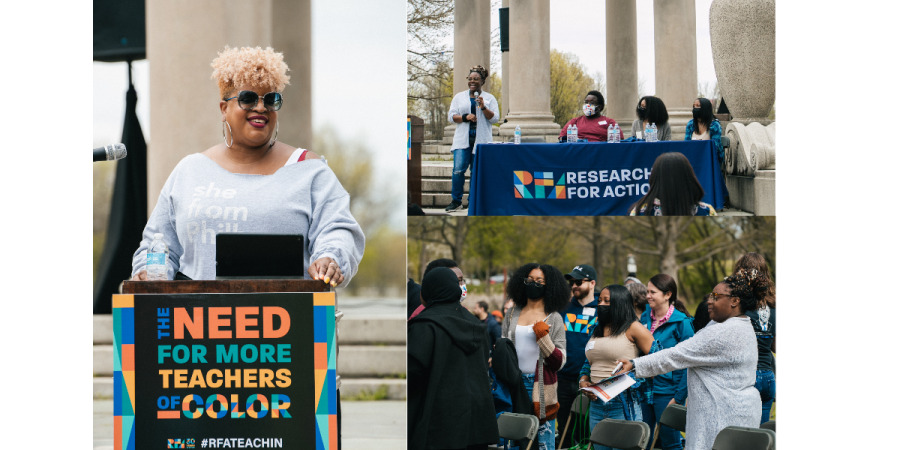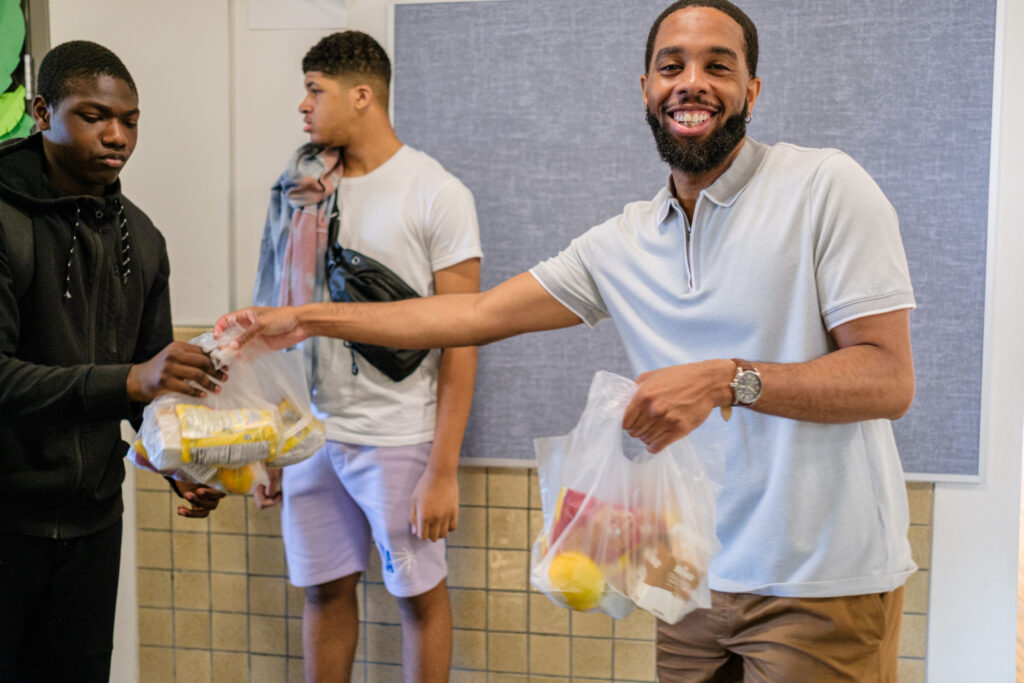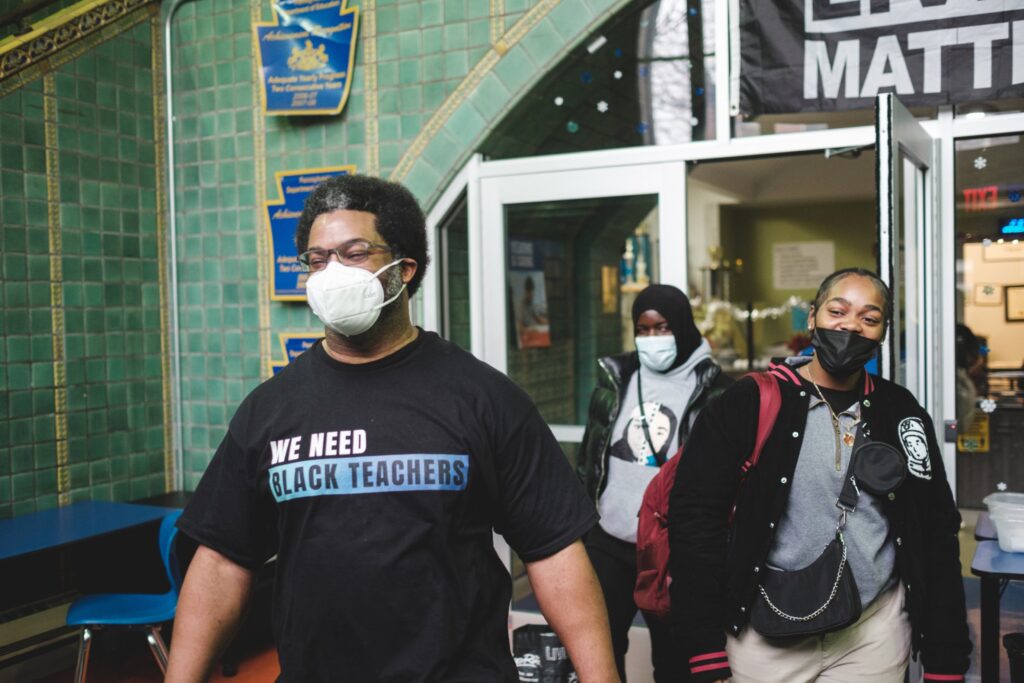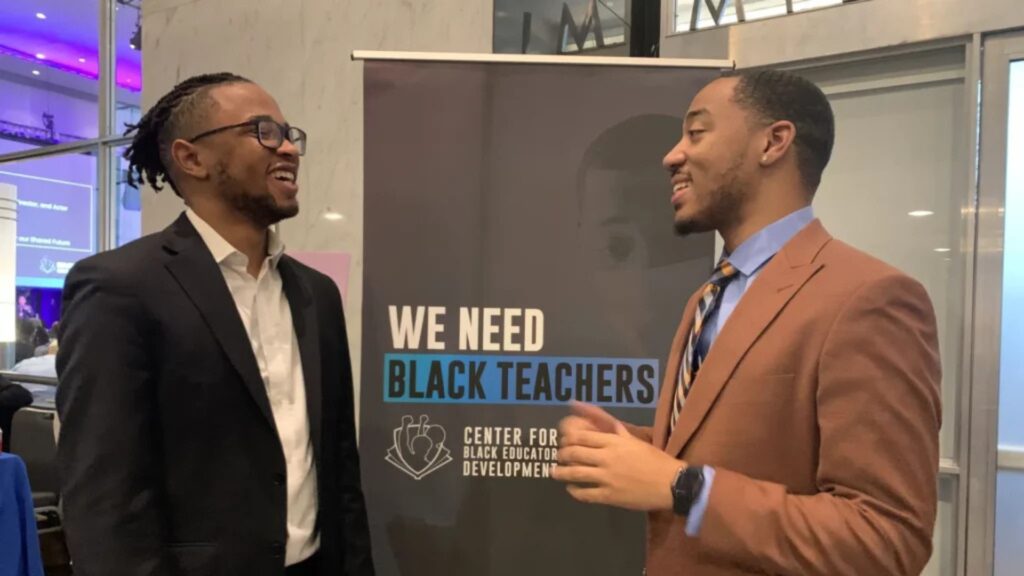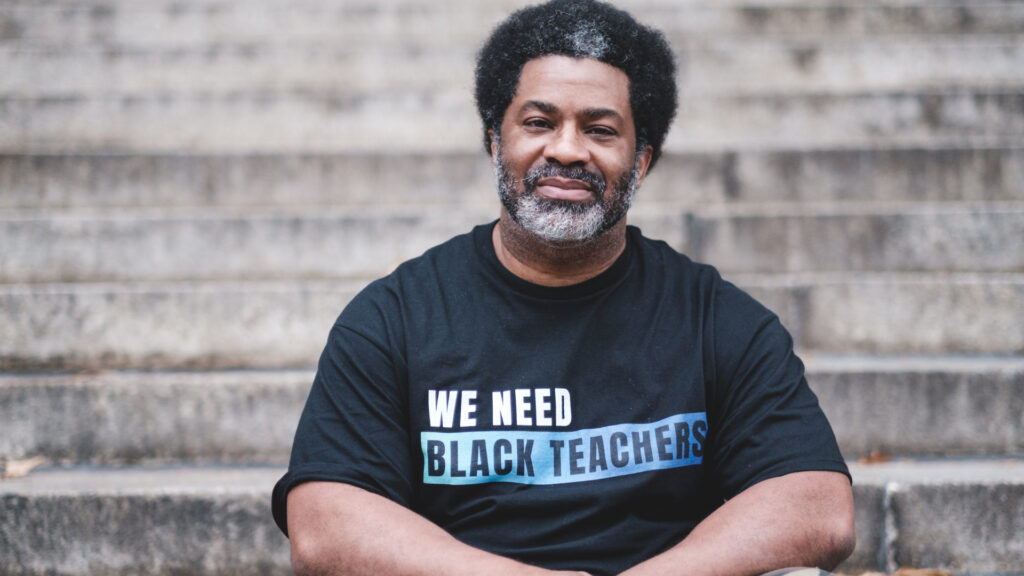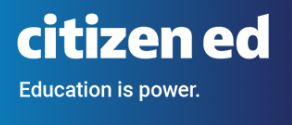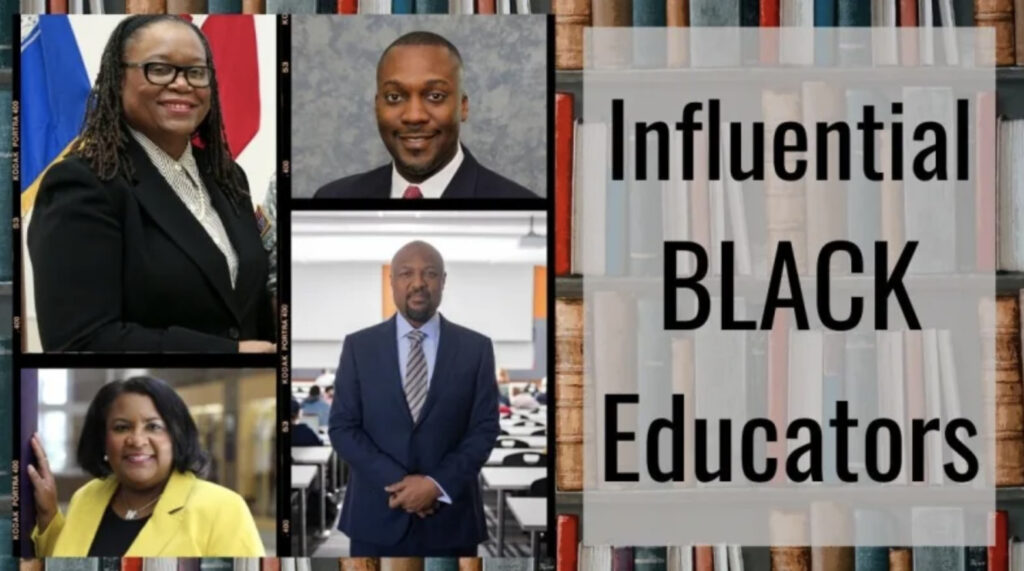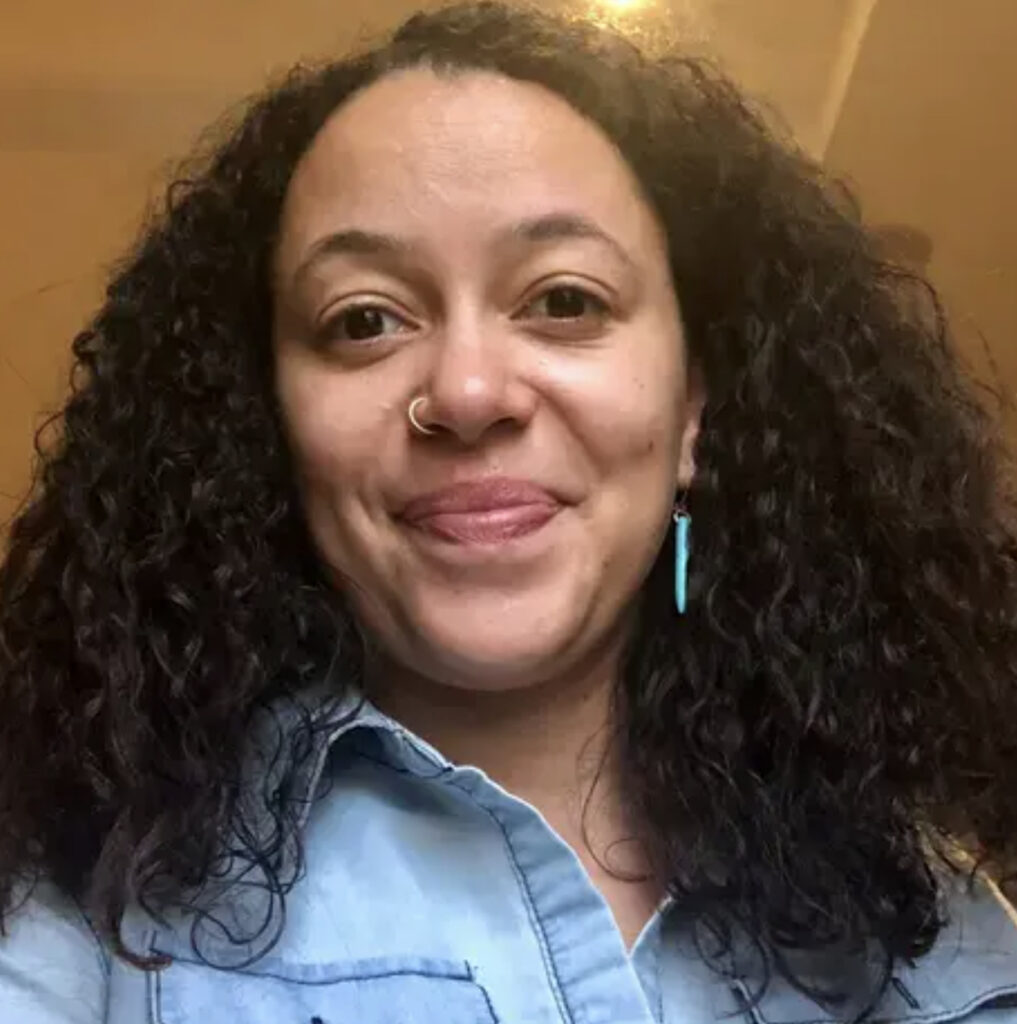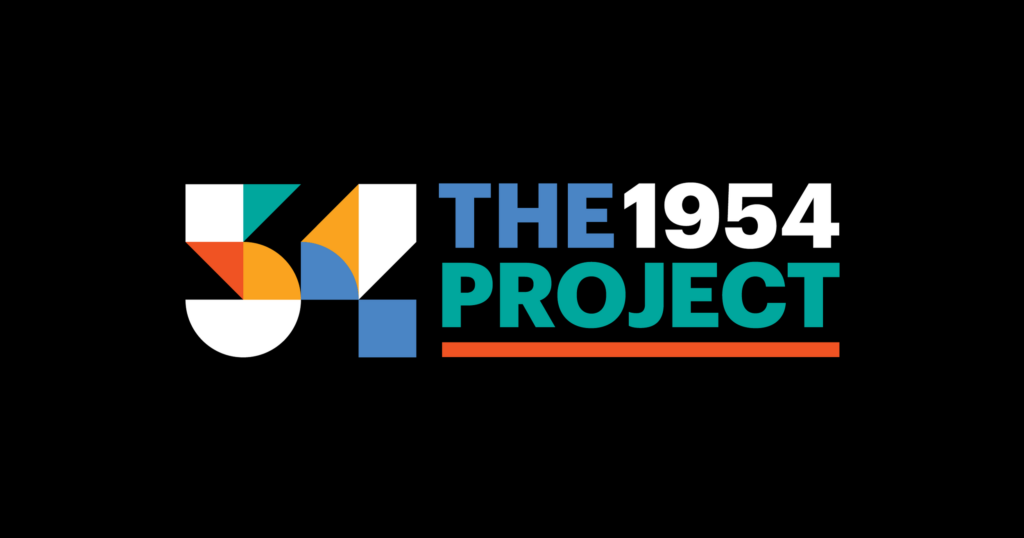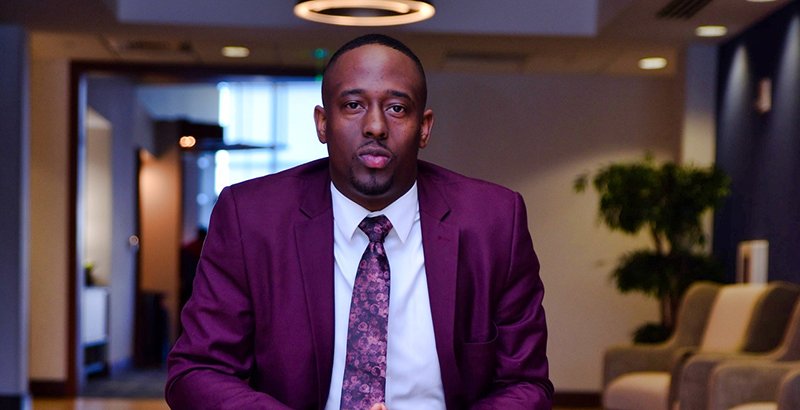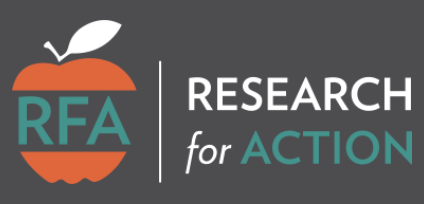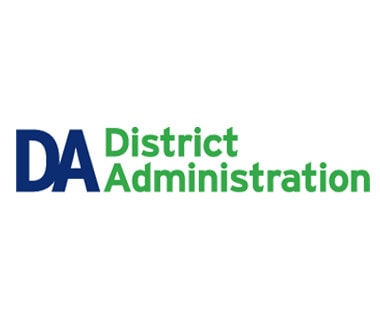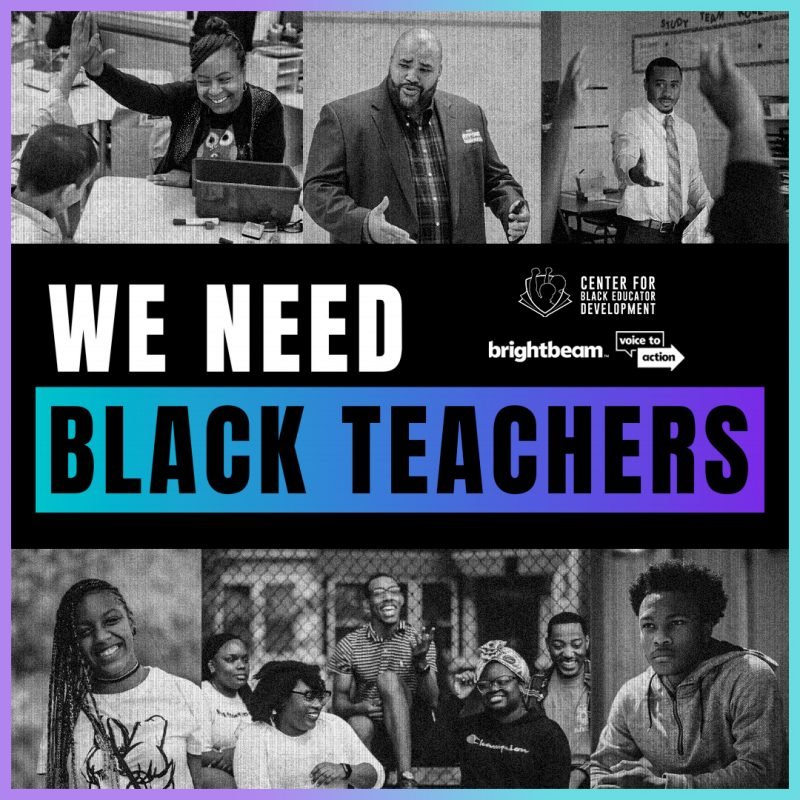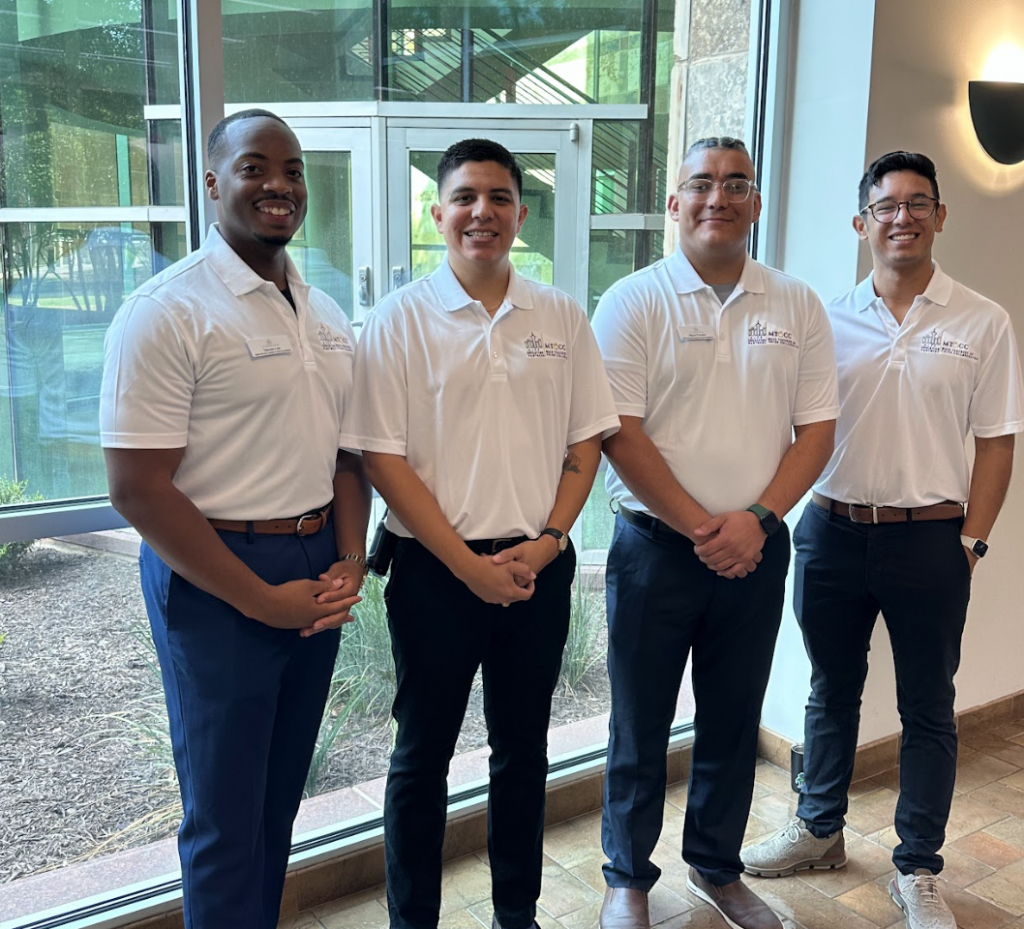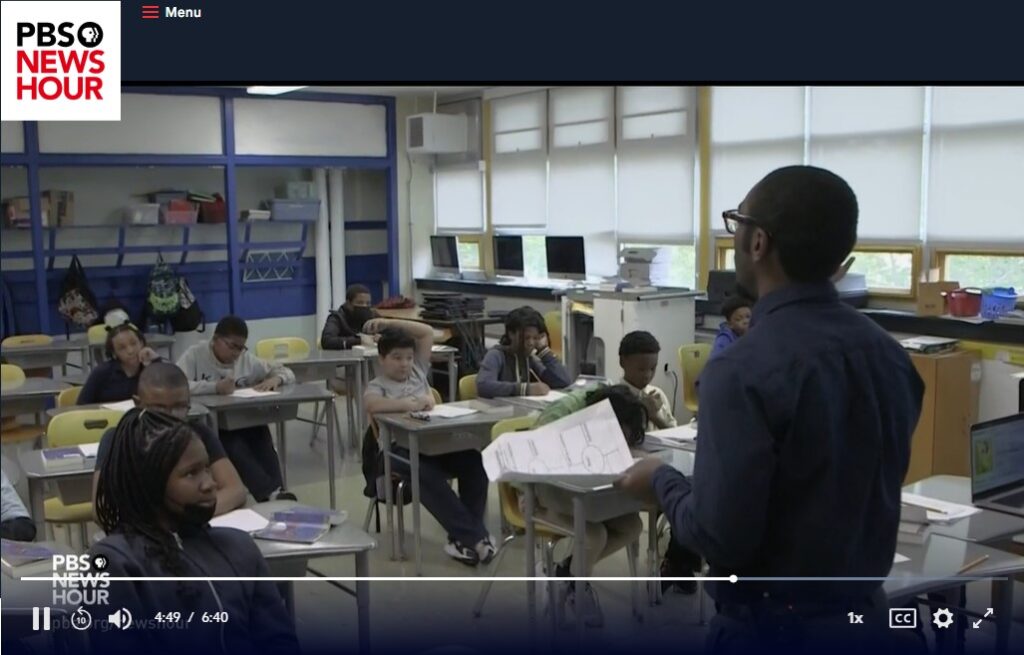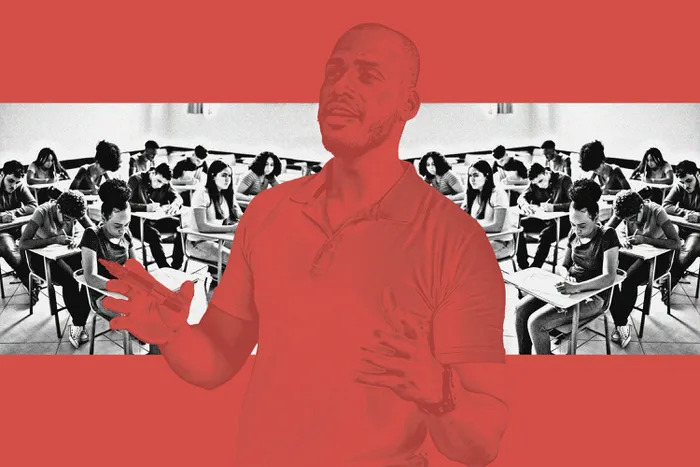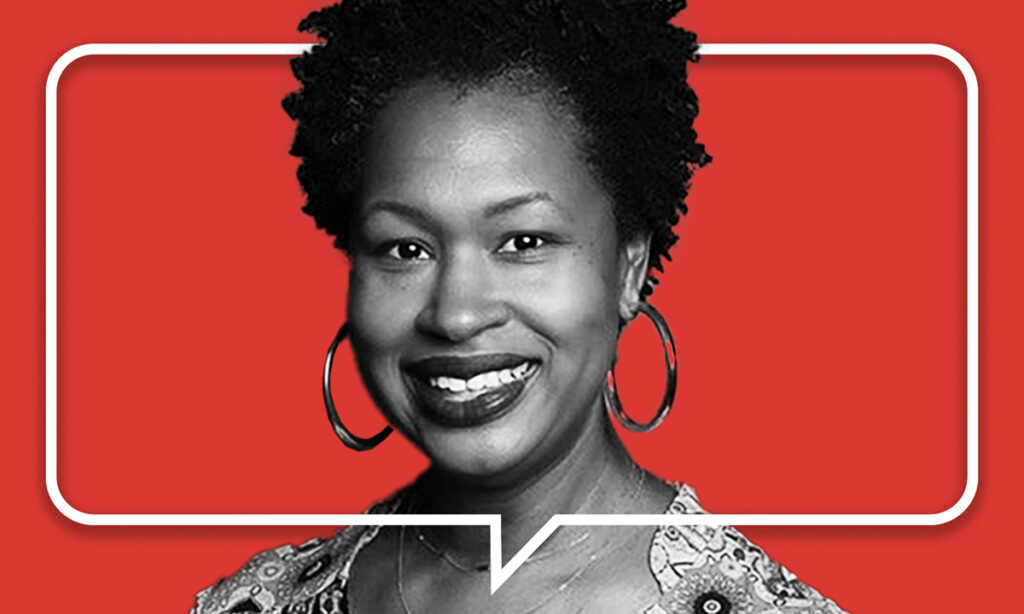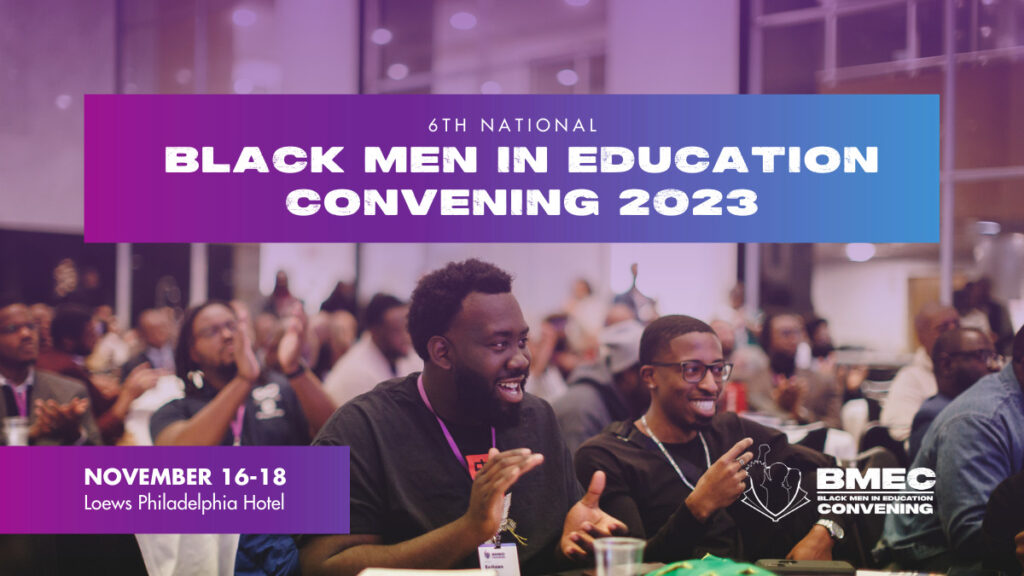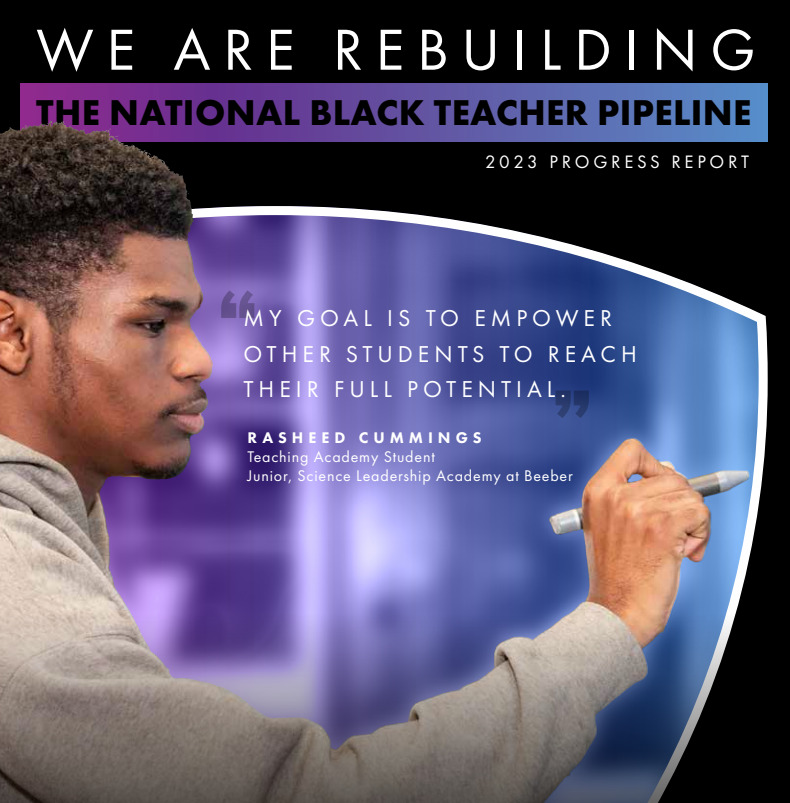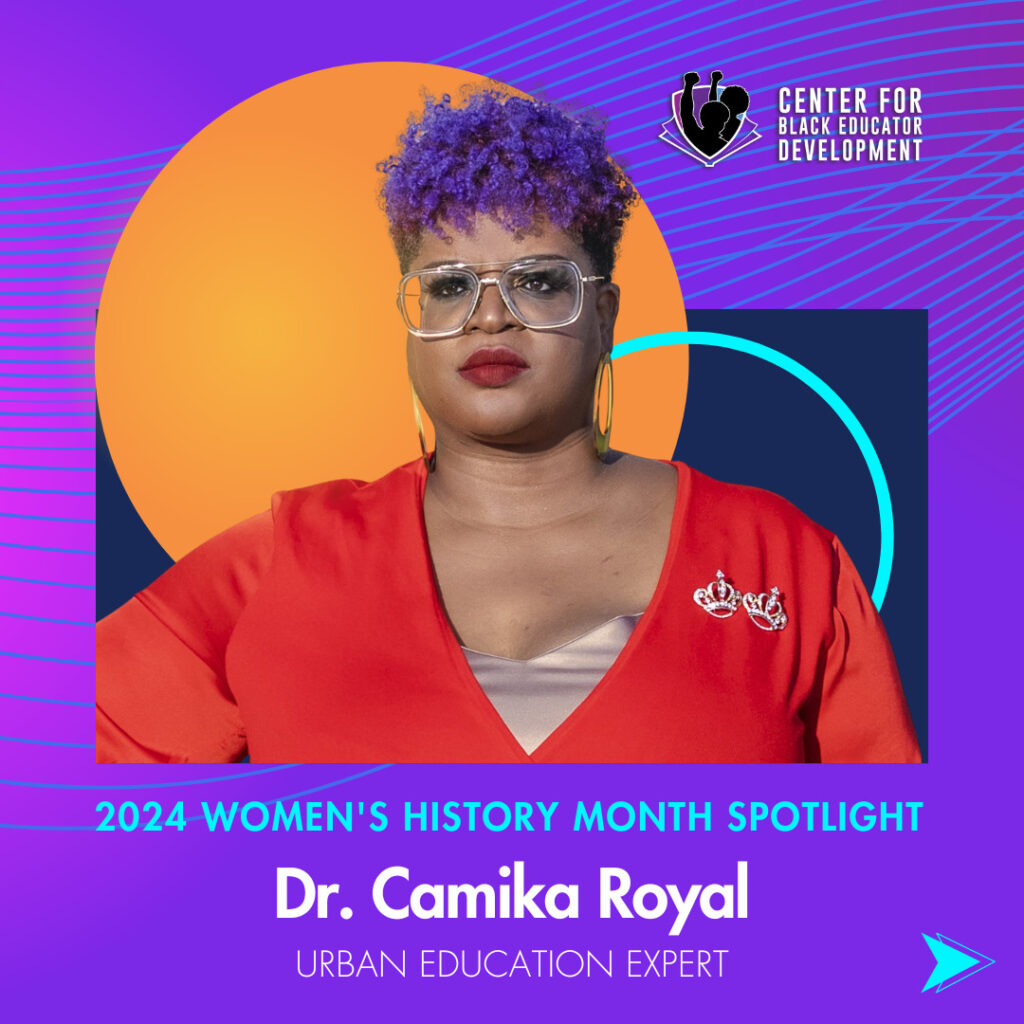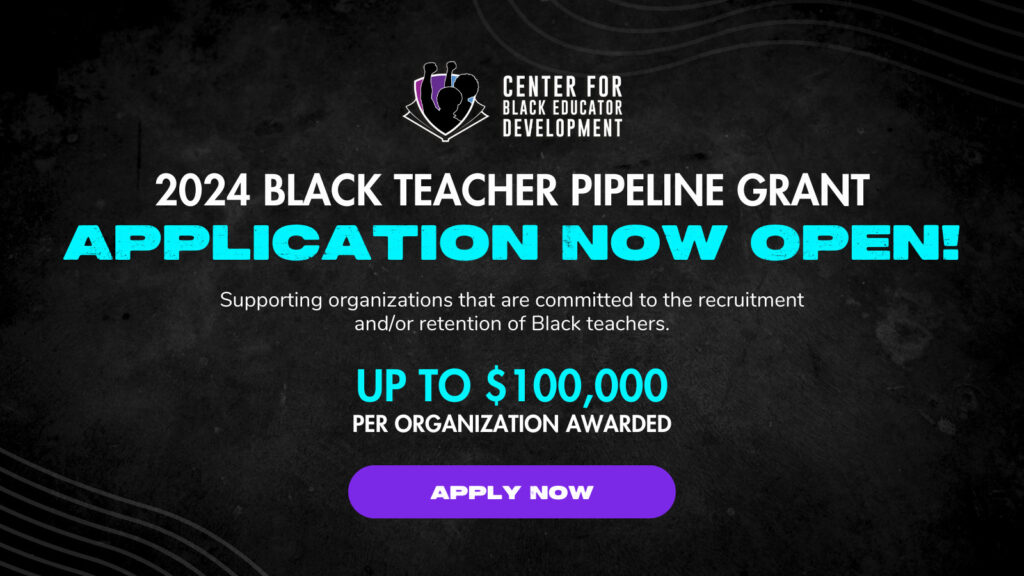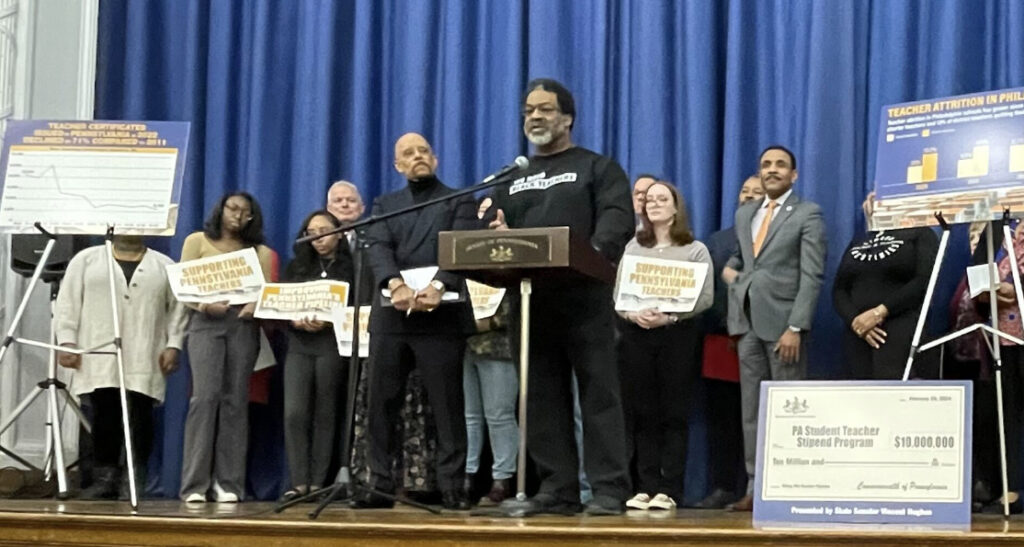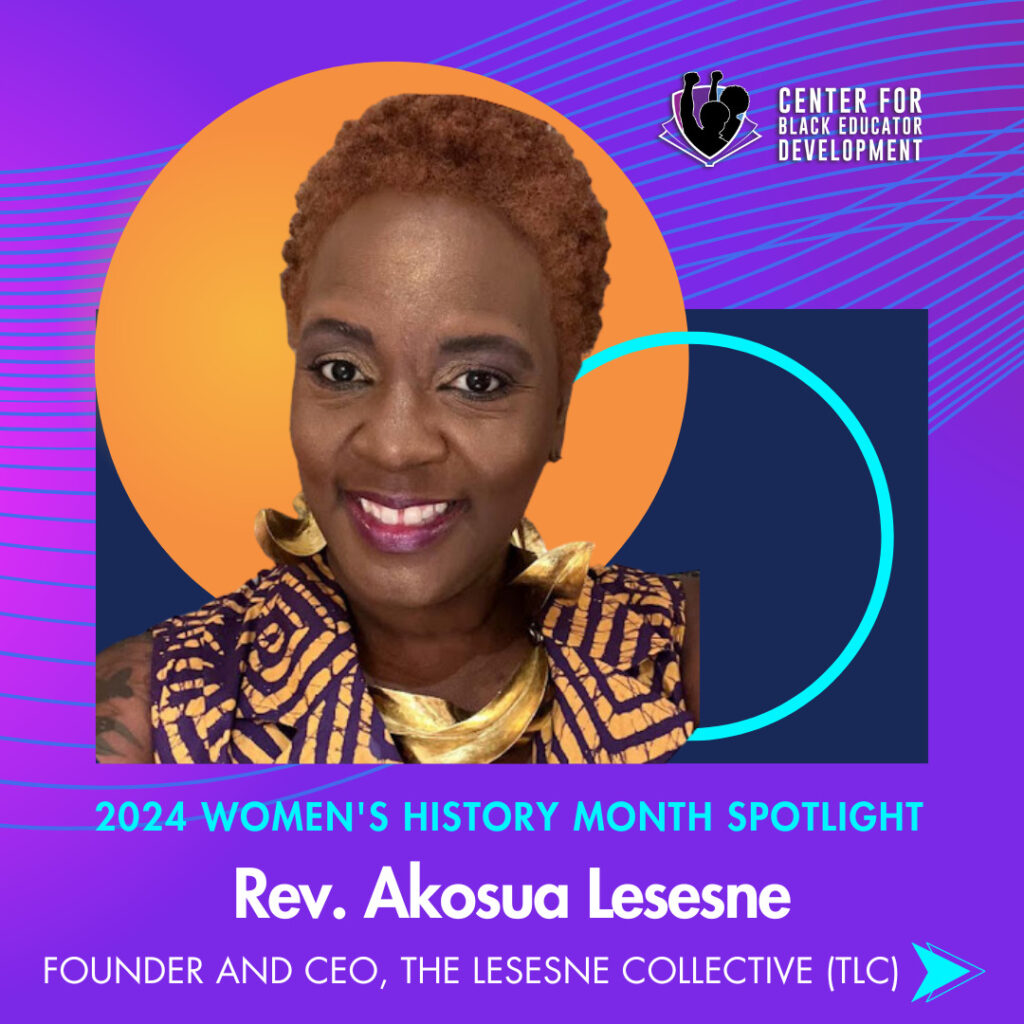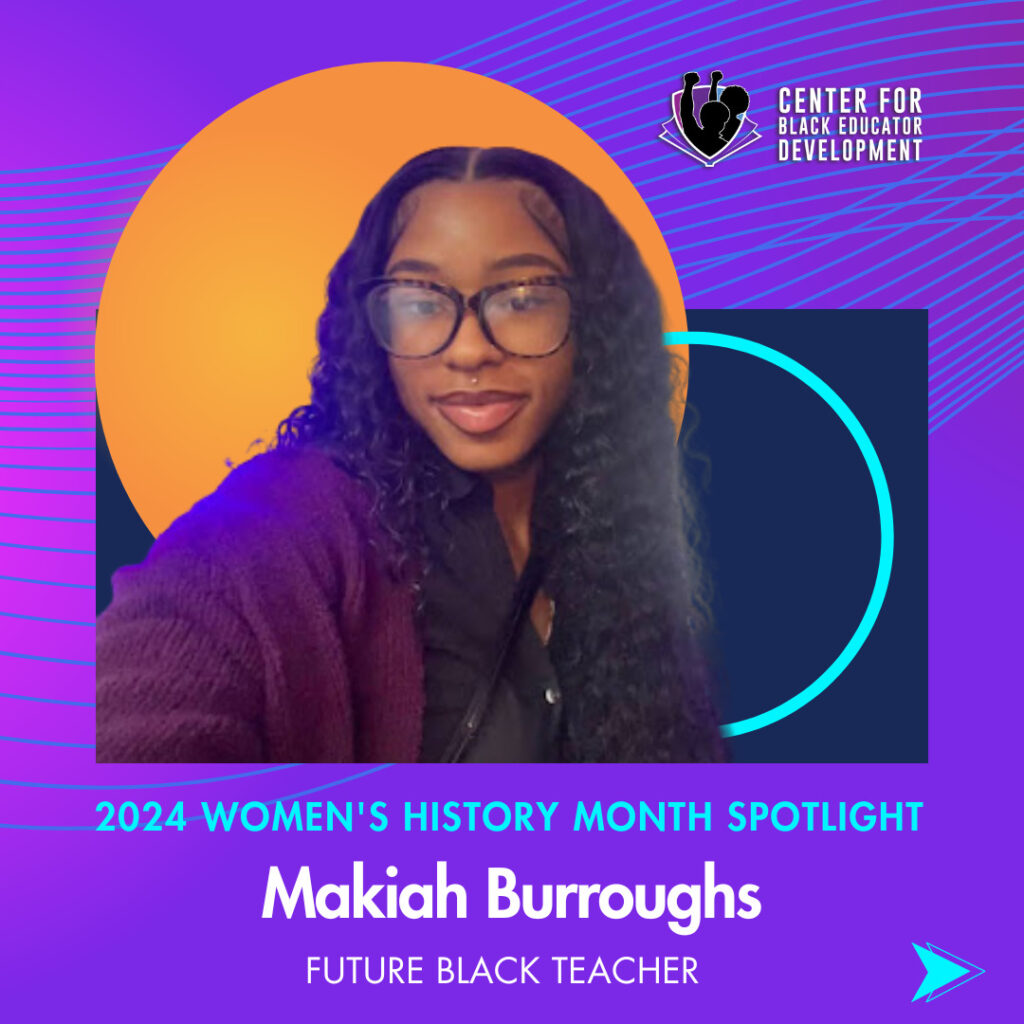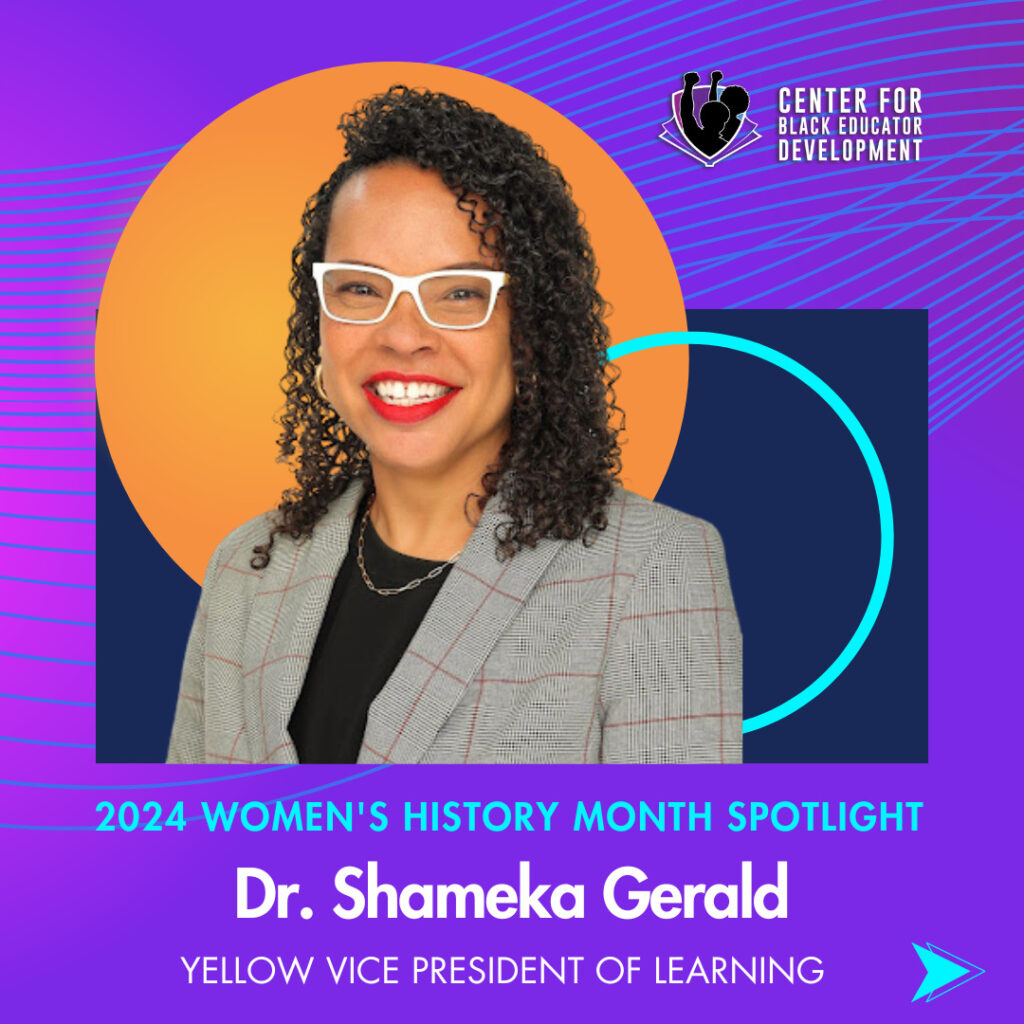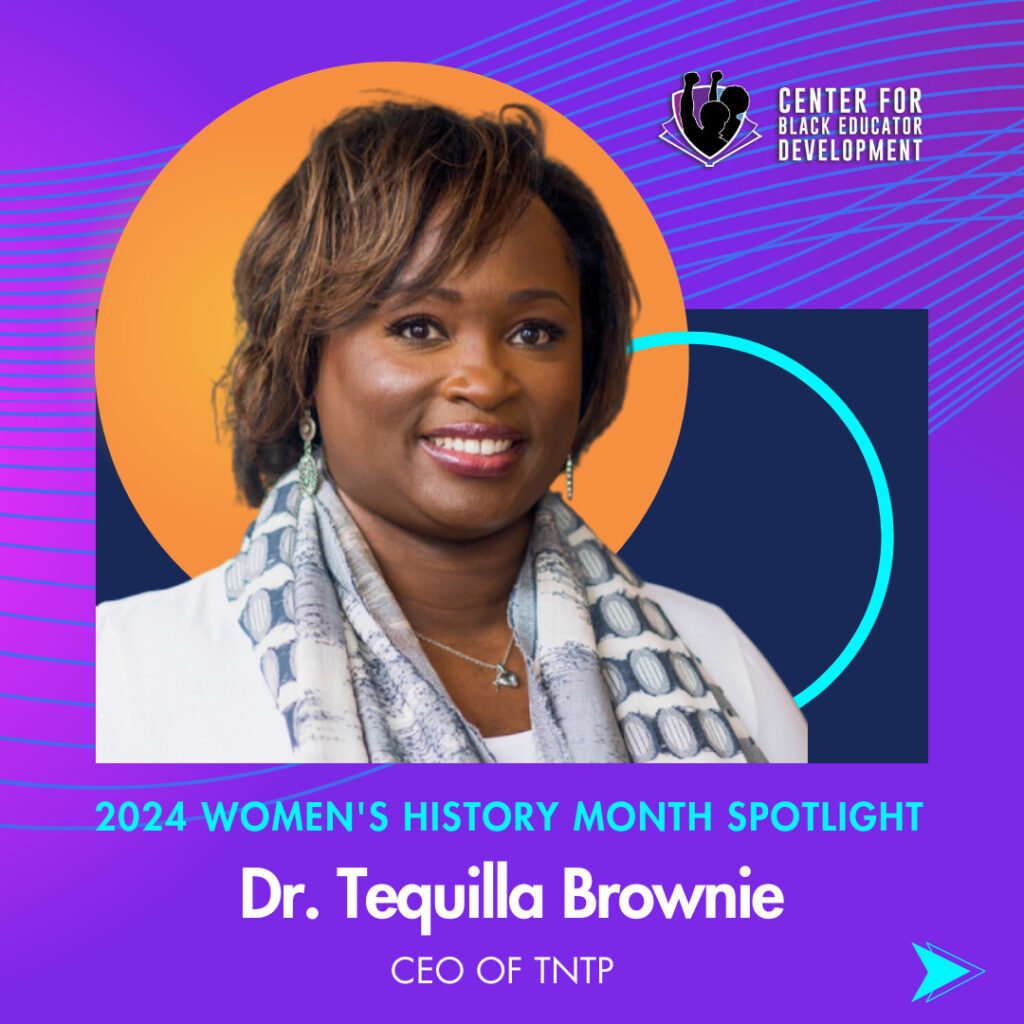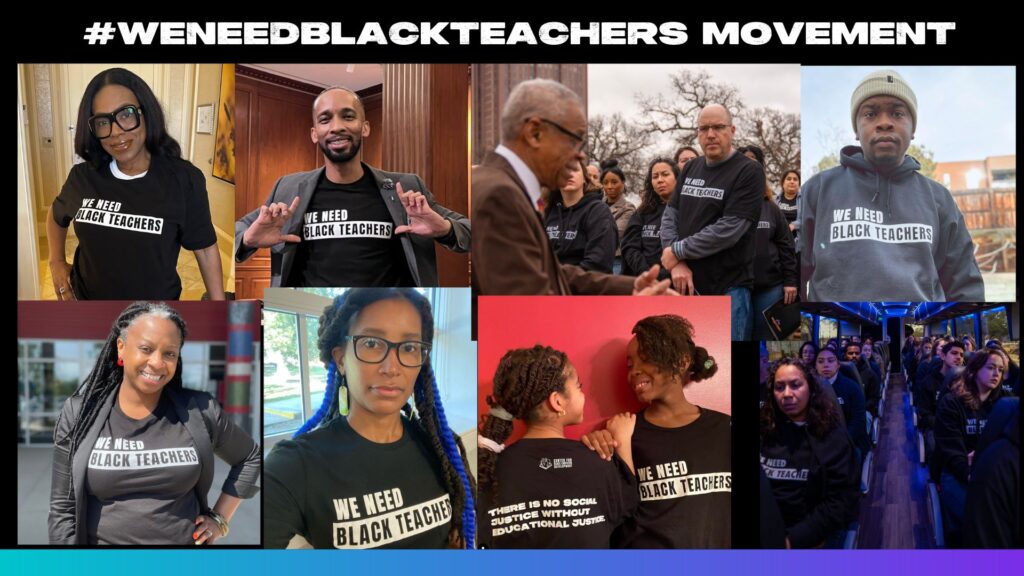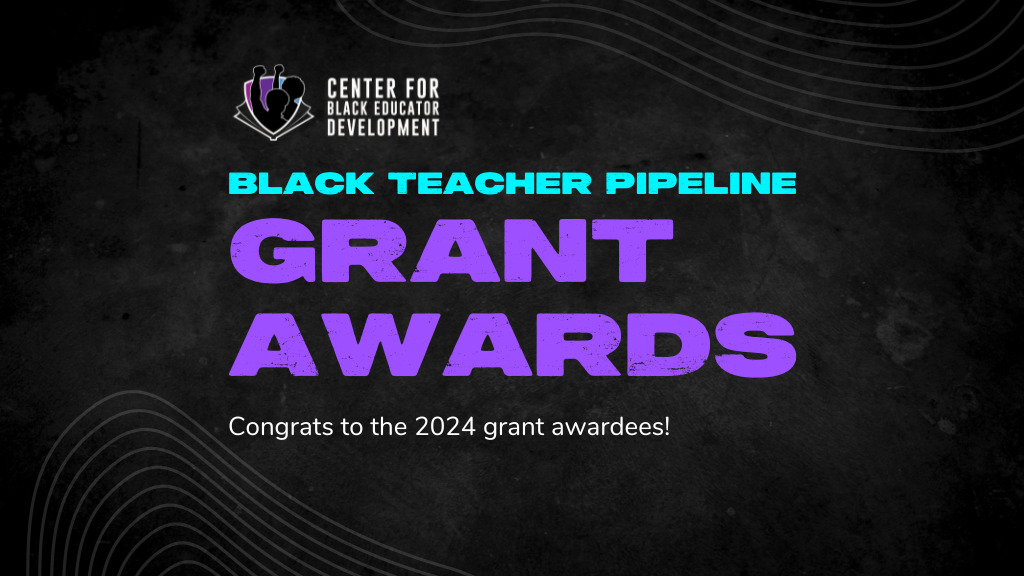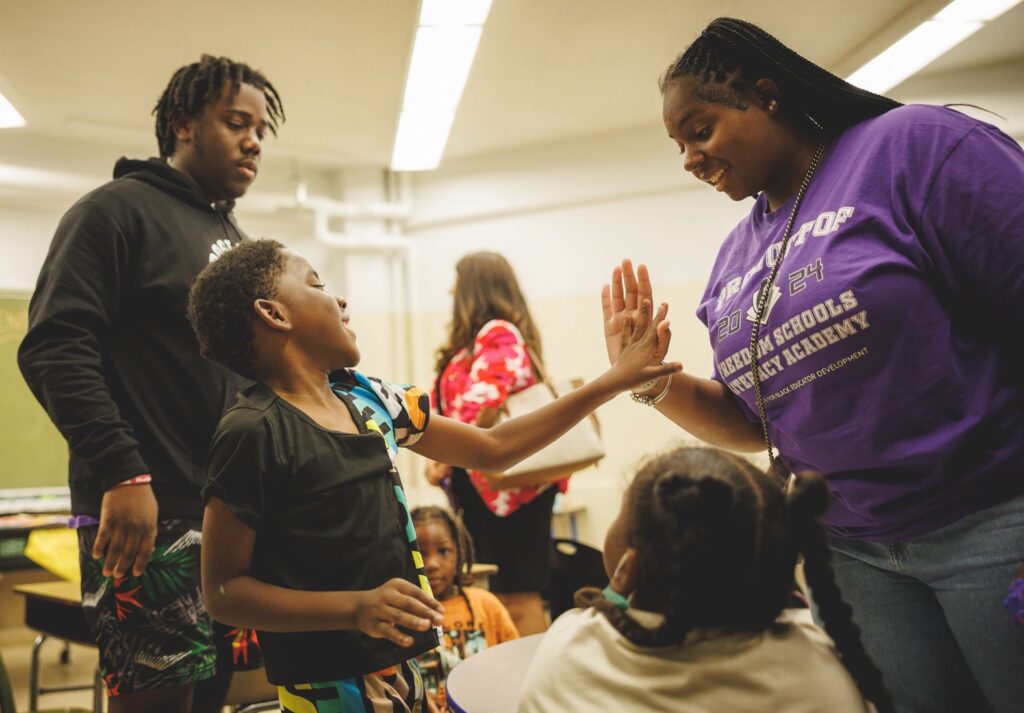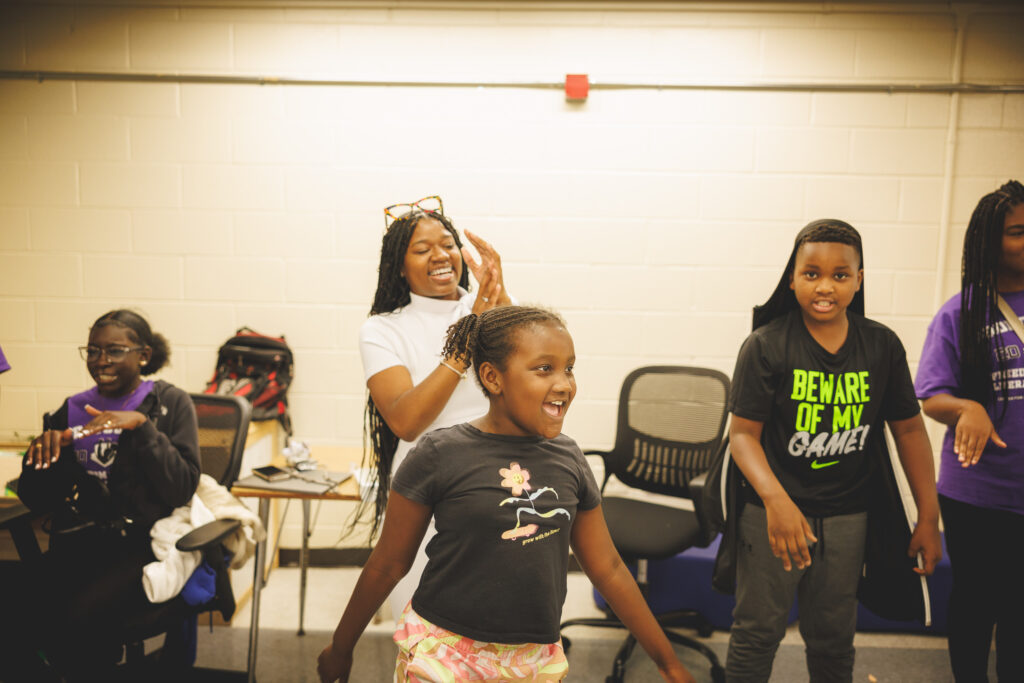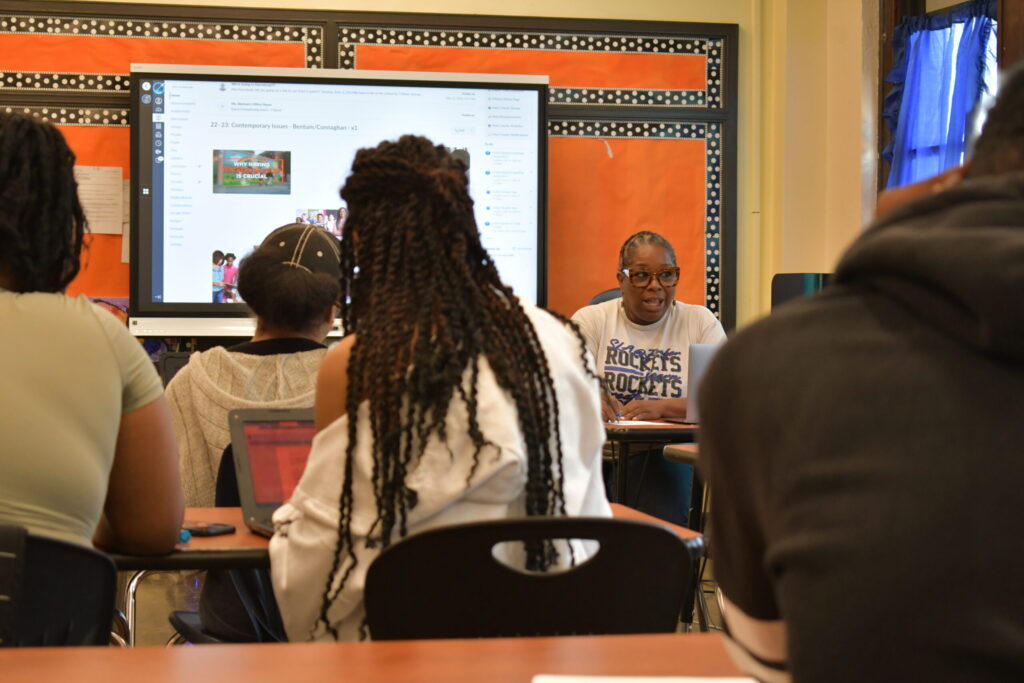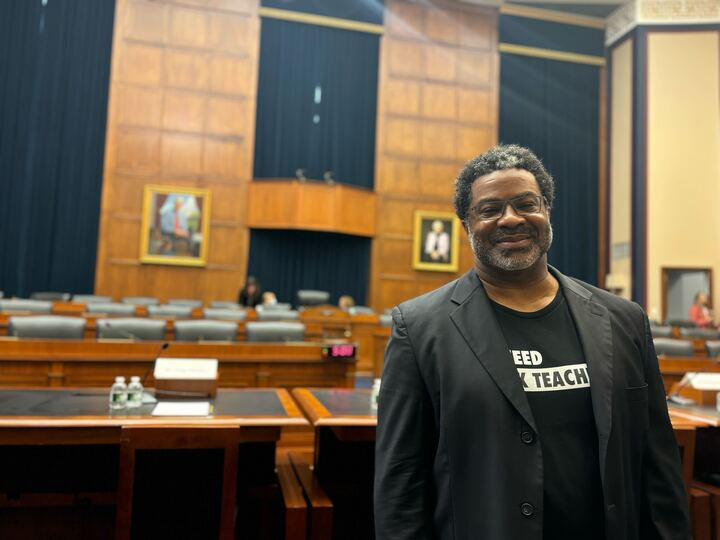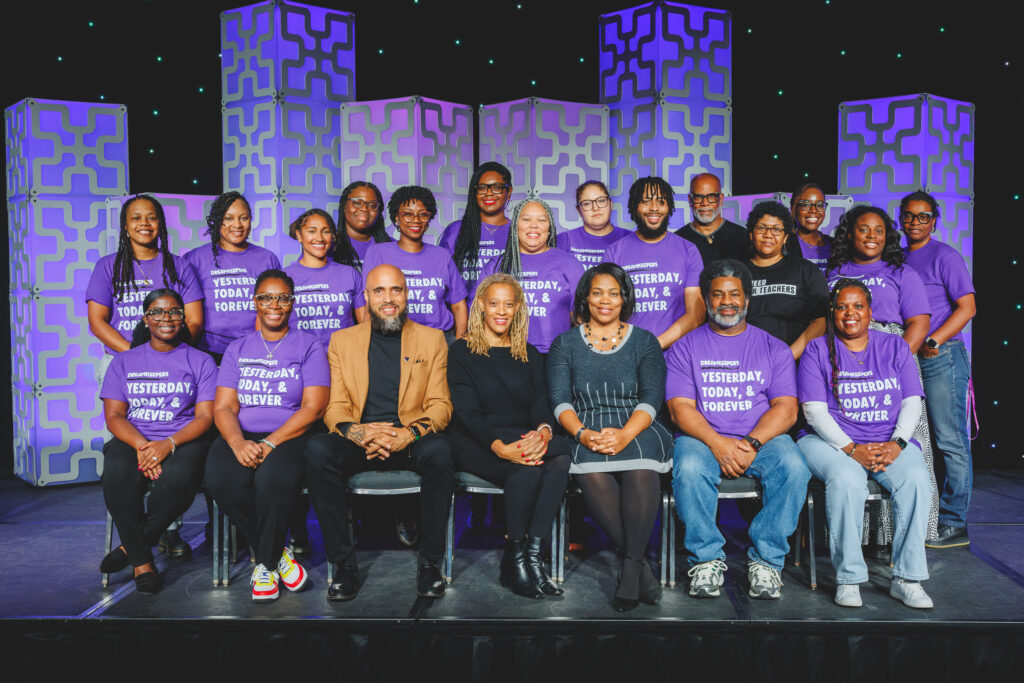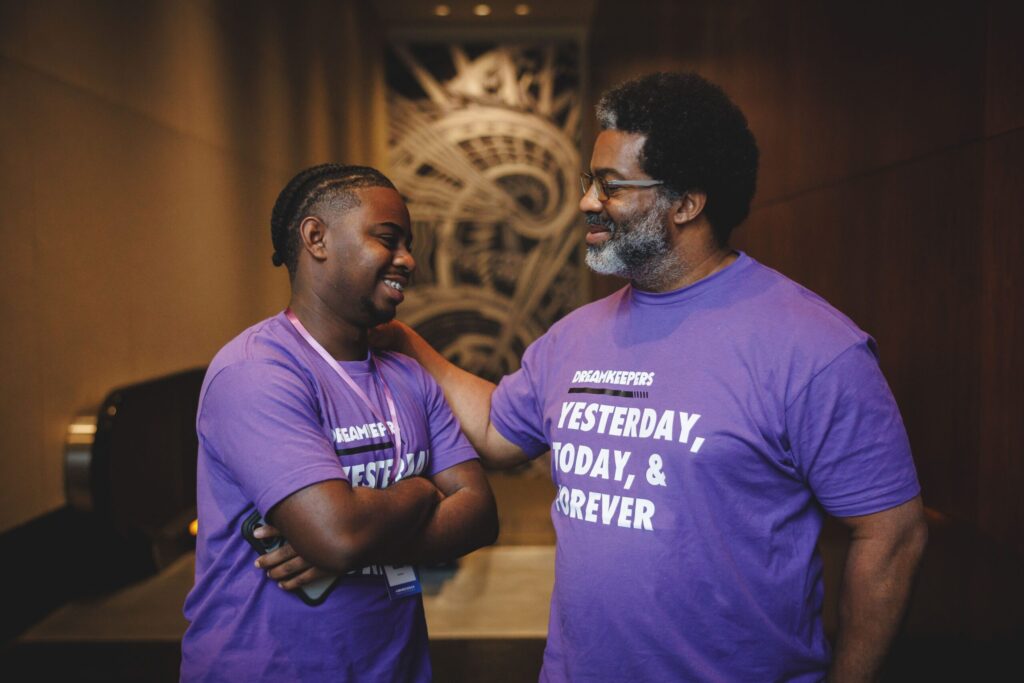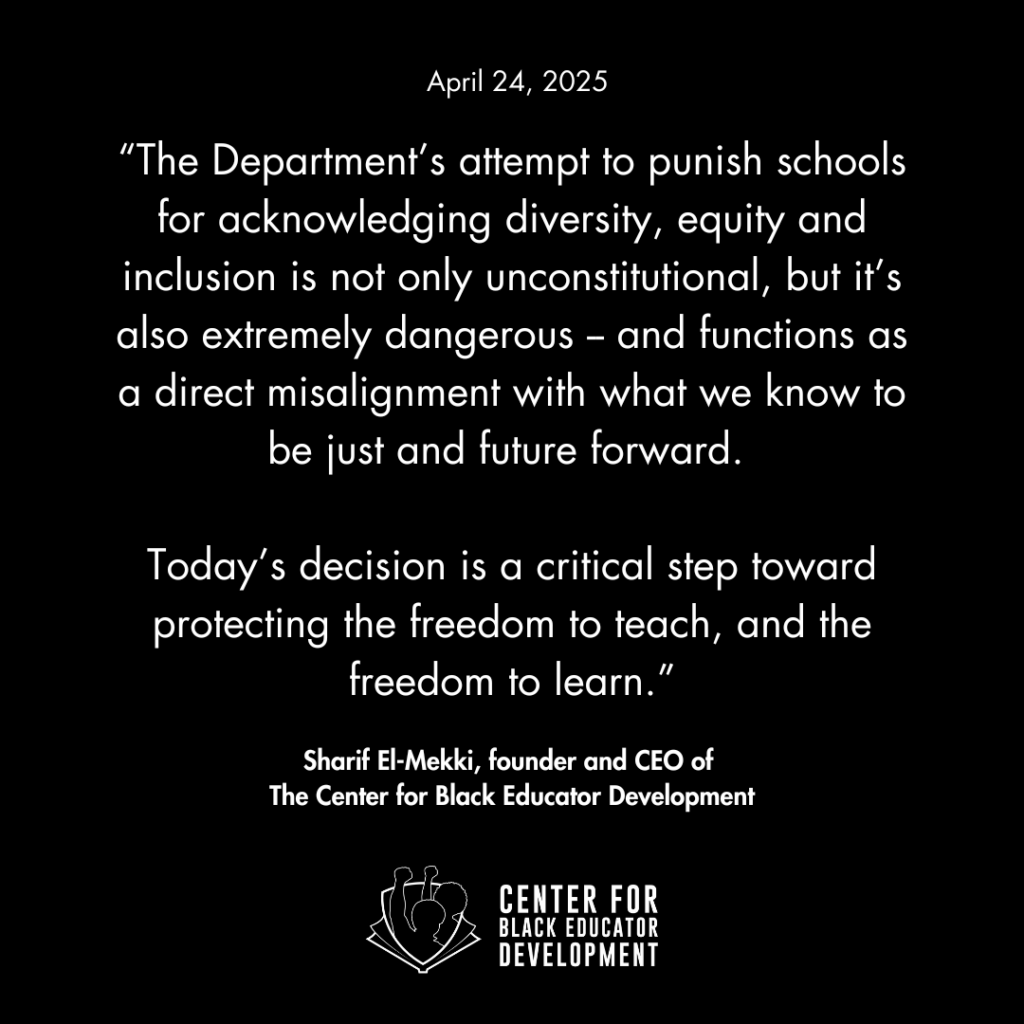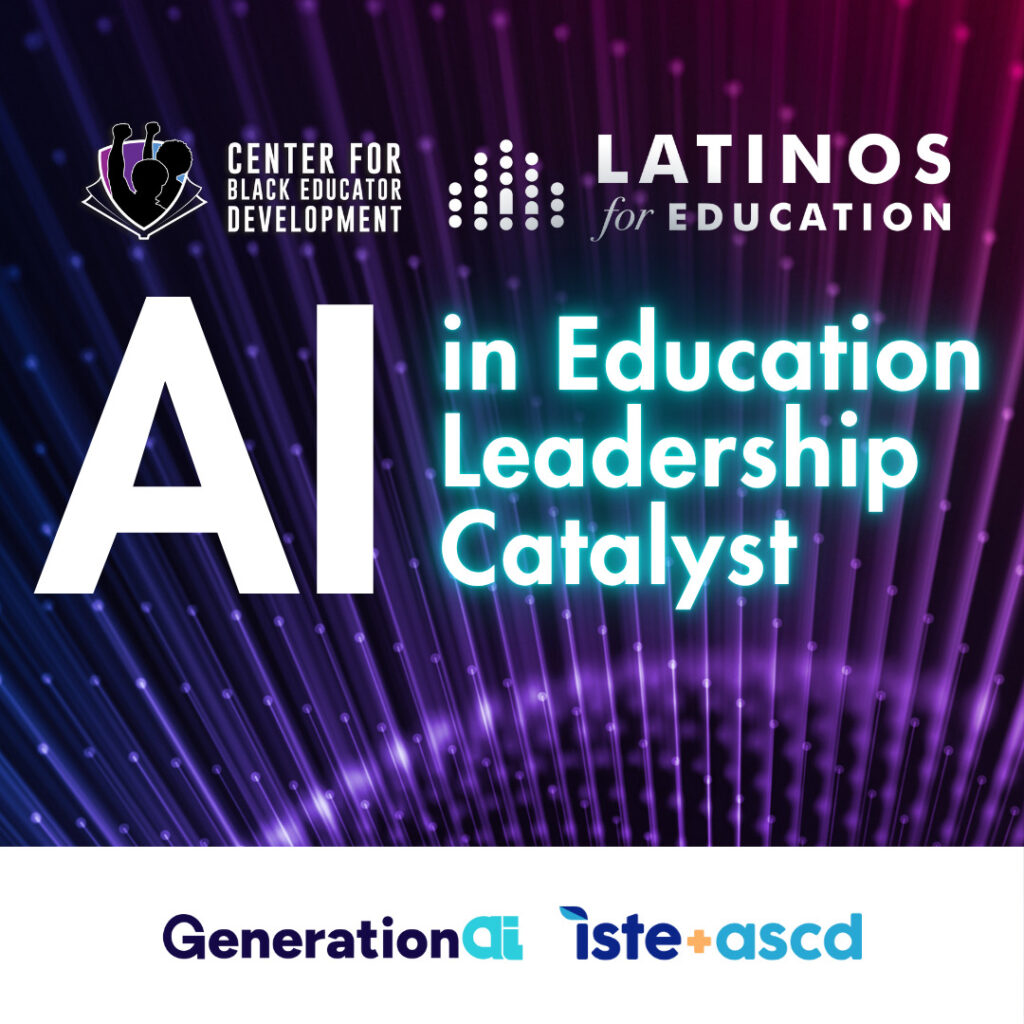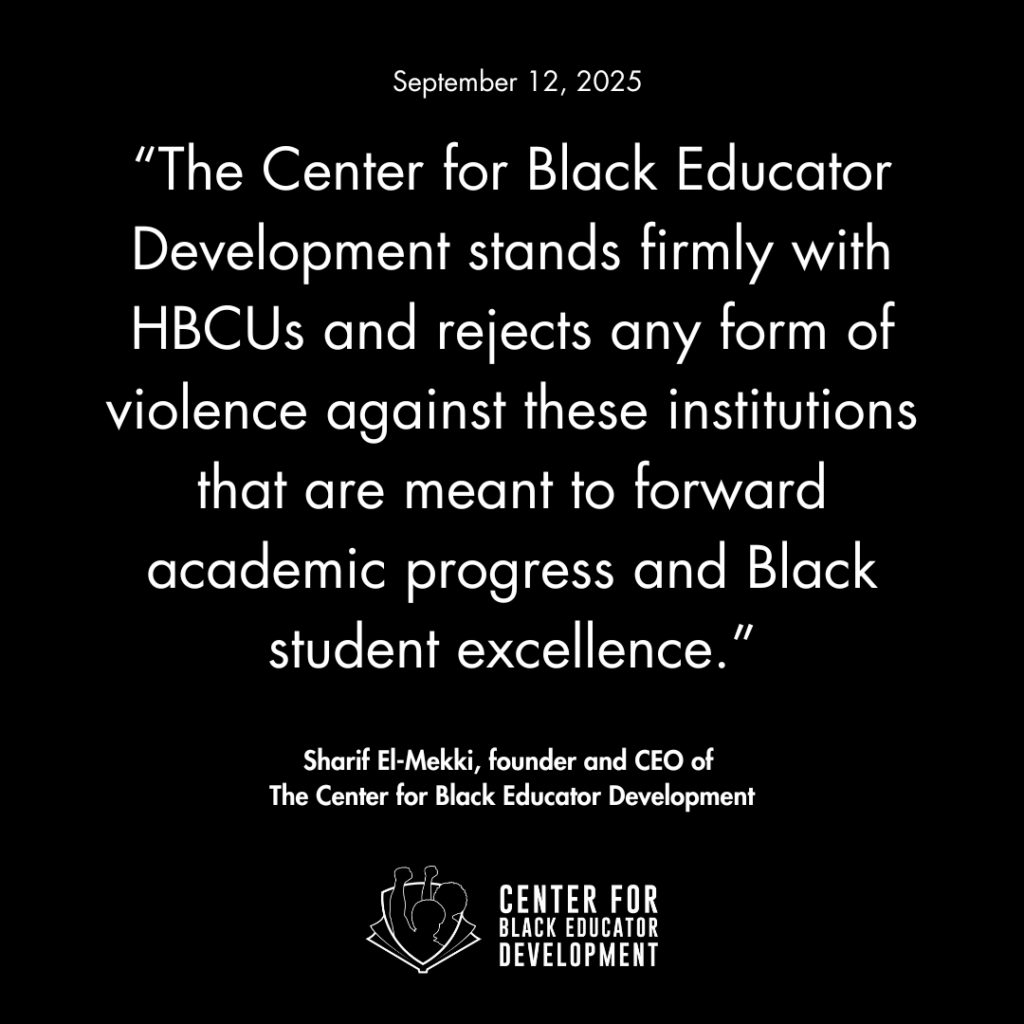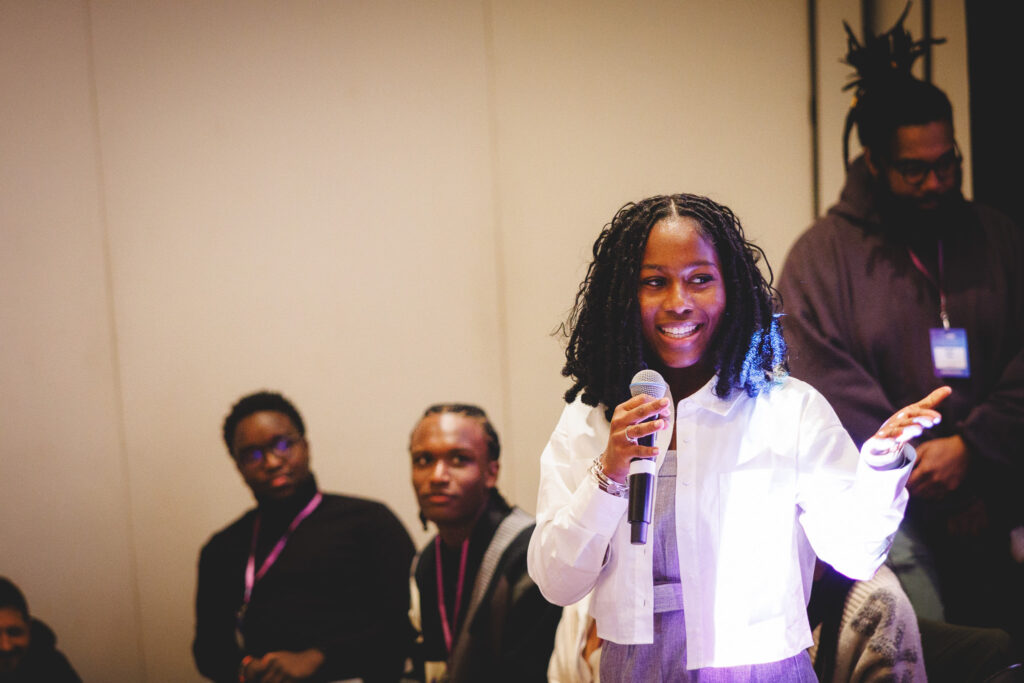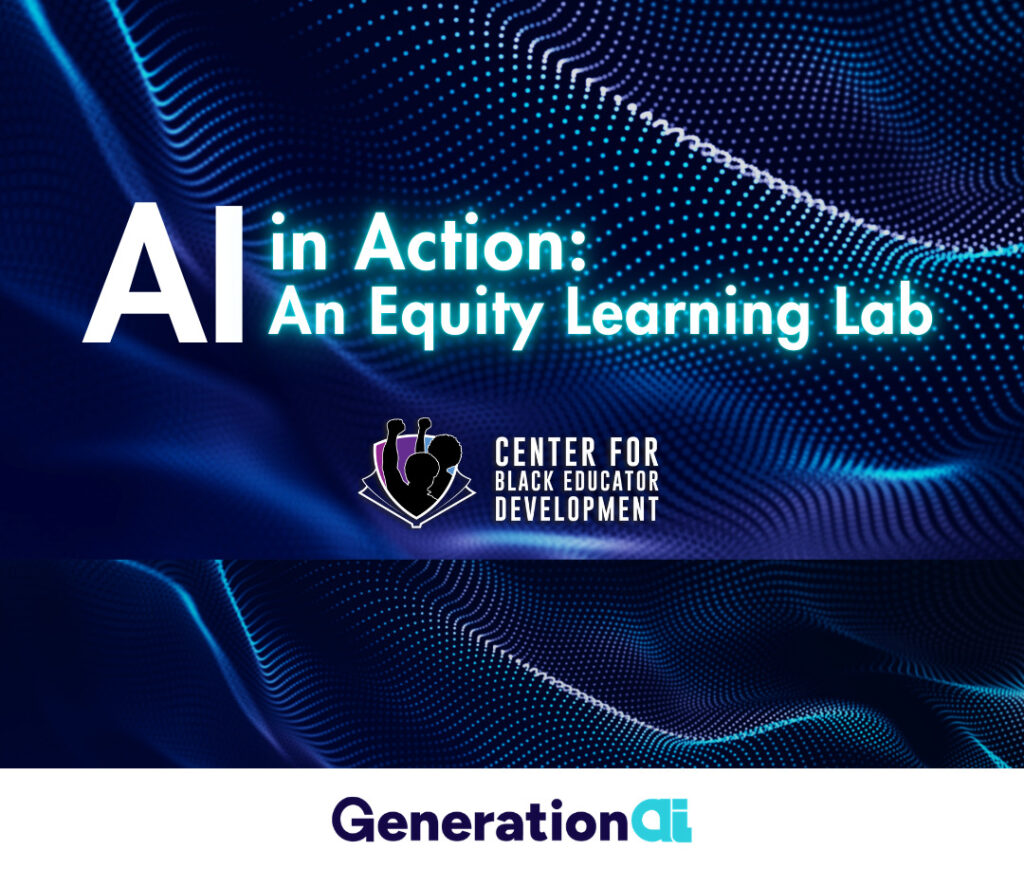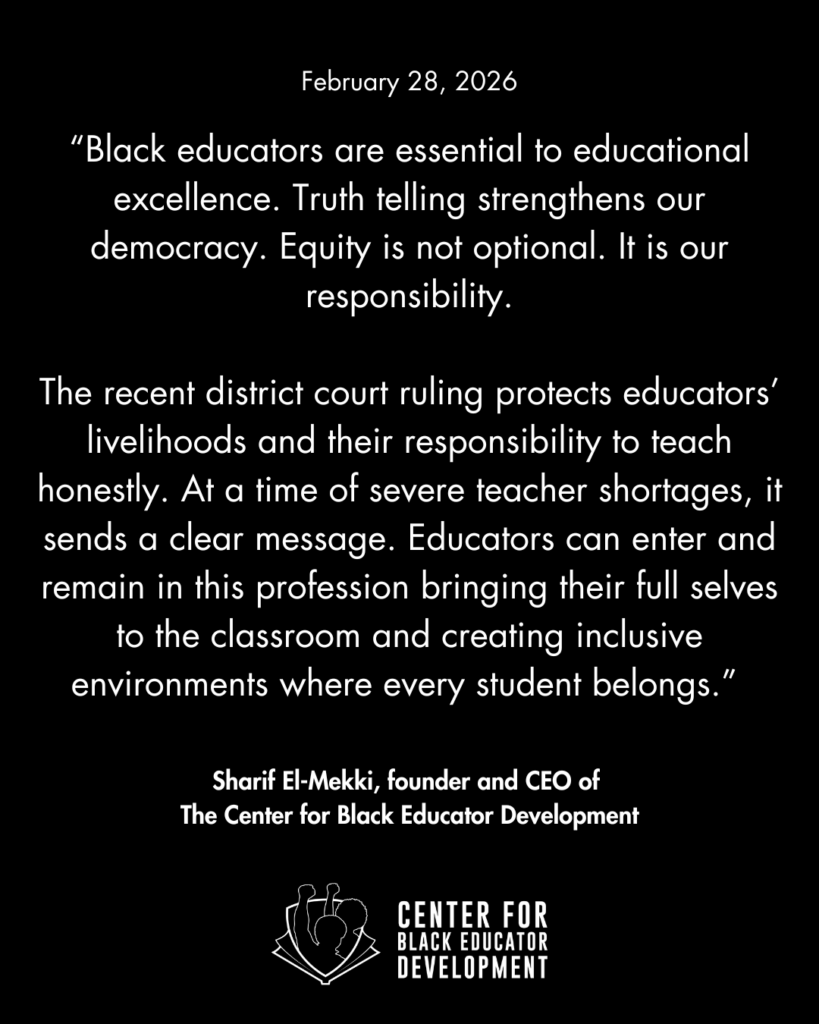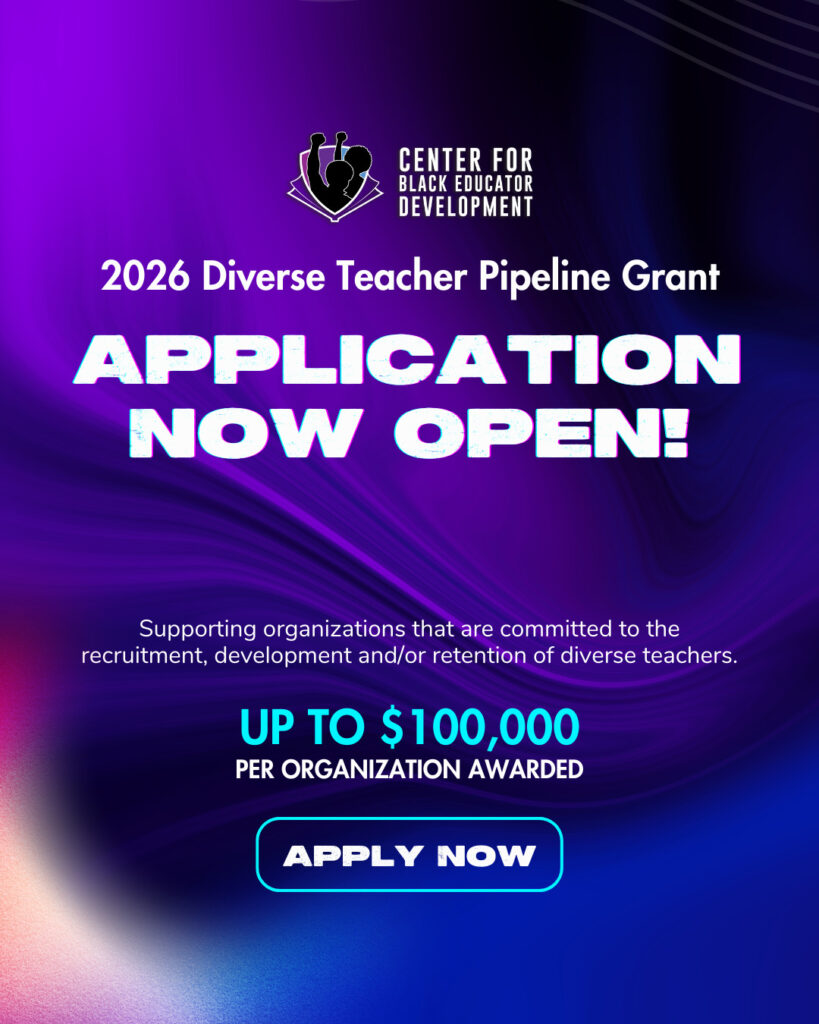OPINION: In an era of teacher shortages, we must embrace and develop new ways to unleash educator talent
Innovators are providing inspiration that could energize the teaching profession and transform our nation’s public schools
by JEN HOLLERAN and JILL NORTON for THE HECHINGER REPORT
It’s difficult to overstate how vital teachers, a key factor in student success, are to post-pandemic academic and social-emotional recovery.
It’s troubling then, to be faced with signs of a teaching profession in decline — with alarming teacher shortages, fewer college students choosing to become teachers and many current teachers not recommending that others enter the profession.
As former teachers, we are left wondering how a job that unlocks student potential and opens up new worlds of possibilities on a daily basis could not be heralded as one of the most rewarding professions on Earth.
What drew us to the profession — connecting with students, supporting their growth and development, fostering future problem-solvers and world-changers — has become overshadowed by the rigidity of school schedules and curricula and the constant demands of being all things to all students and families.
Post-pandemic, as other professionals are enjoying more flexibility in when and where they work, teachers remain bound to the same inflexible expectations and schedules that have defined their roles for hundreds of years.
The reality is that teachers can (and have for generations) come in many forms. And current shortages are finally beginning to spur an embrace of broader conceptions of teaching.
But letting go of preconceived notions about who teaches what, and where, will require systemwide acknowledgement of what’s no longer working for teachers, students and families.
The traditional perception of teachers as the sole arbiters of knowledge, dispensed within school buildings from 8 a.m. to 3 p.m. for 10 months a year, needs to be expanded. To be effective in today’s system, 10+ hour days are the reality — with many teachers also taking on after-school and summer jobs to augment their incomes. It’s time to reimagine the role so that educators can collaborate and bring their very best talents to bear for each student while they work realistic hours for wages that permit them to support families of their own.
Fortunately, some innovators are providing inspiration. In addition to the rise of “grow your own” teacher preparation programs, organizations like Arizona State University and Public Impact are creating new pathways and more collaborative, team-based staffing models, including paid residencies; the Alder Graduate School of Education is partnering with school systems to upskill diverse teacher candidates through a year-long residency model. The Coalition to Reimagine the Teaching Role is working to create more flexible, sustainable schedules and workloads, with more opportunities for growth.
There are also new programs that use technology to expand expert teachers’ reach to new schools. The online education platform Coursemojo, for example, Zooms teachers into classrooms for electives and STEM subjects for schools with teacher shortages. The National Education Equity Lab offers online courses from professors at top universities to high schoolers in low-income communities. Reconstruction, a technology company focused on developing and teaching K-12 supplemental curriculum, assembles artists, mathematicians and entrepreneurs to provide supplemental curricula to empower Black students in their communities.
Giving all children access to the broadest array of inspiring, creative, caring, committed adults is essential to successfully moving them into adulthood ready to thrive.
In addition, a growing array of “educator” roles — via community centers, after-school programs, camps and employer programs — can connect young people with counselors, coaches, mentors and tutors.
Since young people spend more time out of school than in, it’s critical to recognize the education work done by providers outside schools. These include the Khan Academy, with its free online learning and AI-empowered tutoring; Outschool, which lets students choose online discussion-based classes; and Remake Learning, which provides a model for connecting the learning that takes place in museums, after-school programs, camps and civic organizations in the Pittsburgh area.
The National Partnership for Student Success, Harvard’s EdRedesign Lab and the Brick Education Network encourage approaches that focus on more personalized routes to student academic and broader success by creating new navigator and coach roles to connect students and families to opportunities.
Industry professionals are also a powerful, untapped source of work-based knowledge and skills, with models like CareerWise DC providing high school students with learning experiences and businesses with a talent-acquisition strategy.
But we haven’t formalized these roles as part of every child’s educational experience. What’s needed is a public education sector that not only incorporates these less-traditional teaching roles alongside in-school educators (who are given more flexibility), but also values the unique and essential learning that all types of educators provide.
Reimagining and expanding educator roles can also help address systemic racism if prospective Black and Latino educators are actively encouraged to take on these new roles. The Center for Black Educator Development achieves this via paid apprenticeships for Black high school and college students, while Latinos for Education provides fellowships for educators. Oakland REACH’s Liberator model trains caregivers to be district employees specializing in literacy and numeracy.
Expansive, flexible approaches like these can be part of a new, game-changing approach to traditional ideas about education. We cannot wait. Giving all children access to the broadest array of inspiring, creative, caring, committed adults is essential to successfully moving them into adulthood ready to thrive.
As teachers continue to vote with their feet, they might finally bring about an inflection point that will spur the education sector to embrace these new roles and approaches and unleash untapped educator talent everywhere.
Jen Holleran, founder of Holleran Impact Advisors, is a former high school teacher and principal who advises philanthropists, helping them identify and develop paths to meaningful innovation. She’s worked side by side with some of the country’s largest donors, including launching and leading Mark Zuckerberg and Priscilla Chan’s initial education philanthropy.
Jill Norton, founder of Clark Street Consulting, supports nonprofits, foundations and government agencies to advance educational equity. She was previously director of education policy at Abt Associates and senior policy advisor for three Massachusetts secretaries of education.
This story about teacher shortages was produced by The Hechinger Report, a nonprofit, independent news organization focused on inequality and innovation in education. Sign up for Hechinger’s newsletter.


